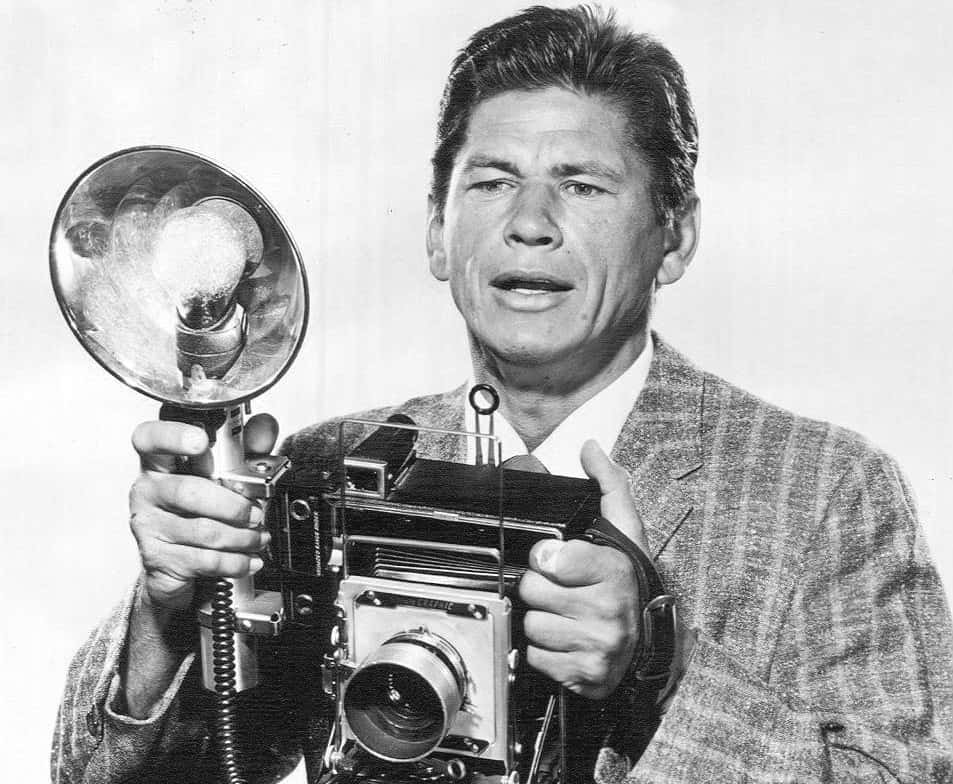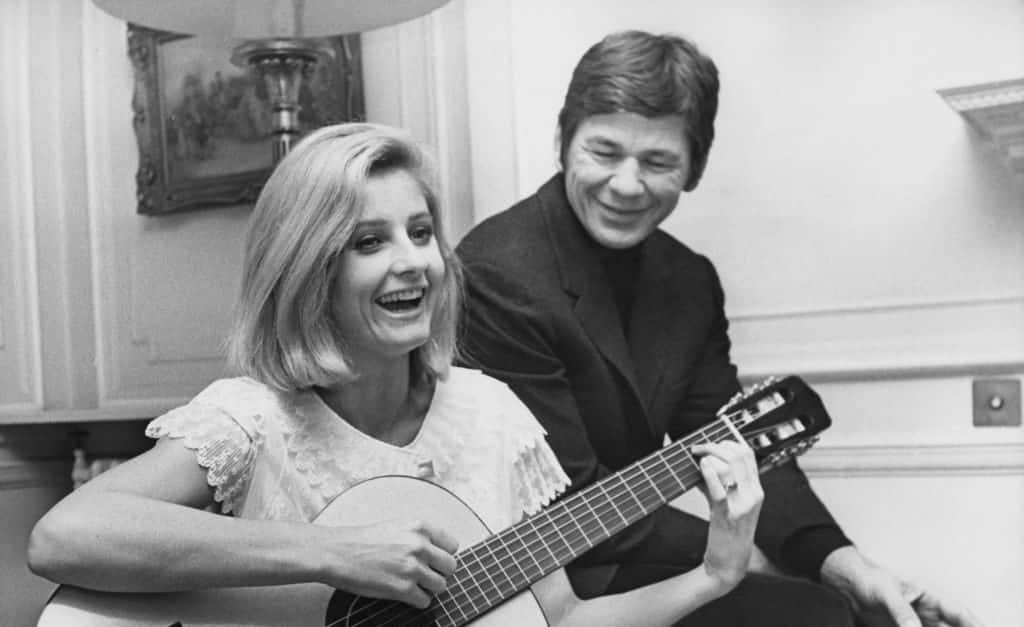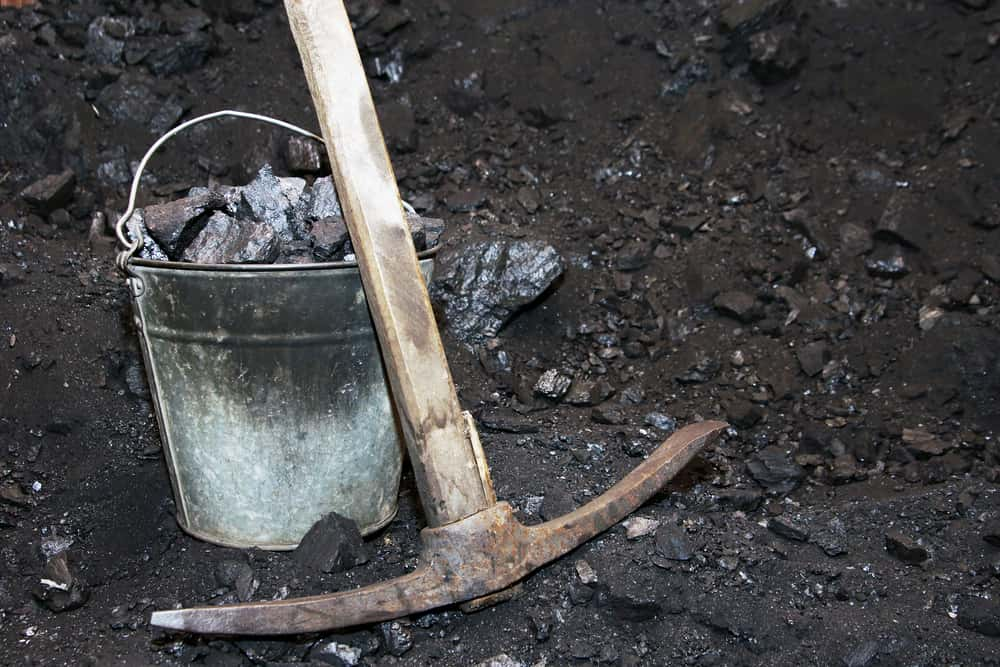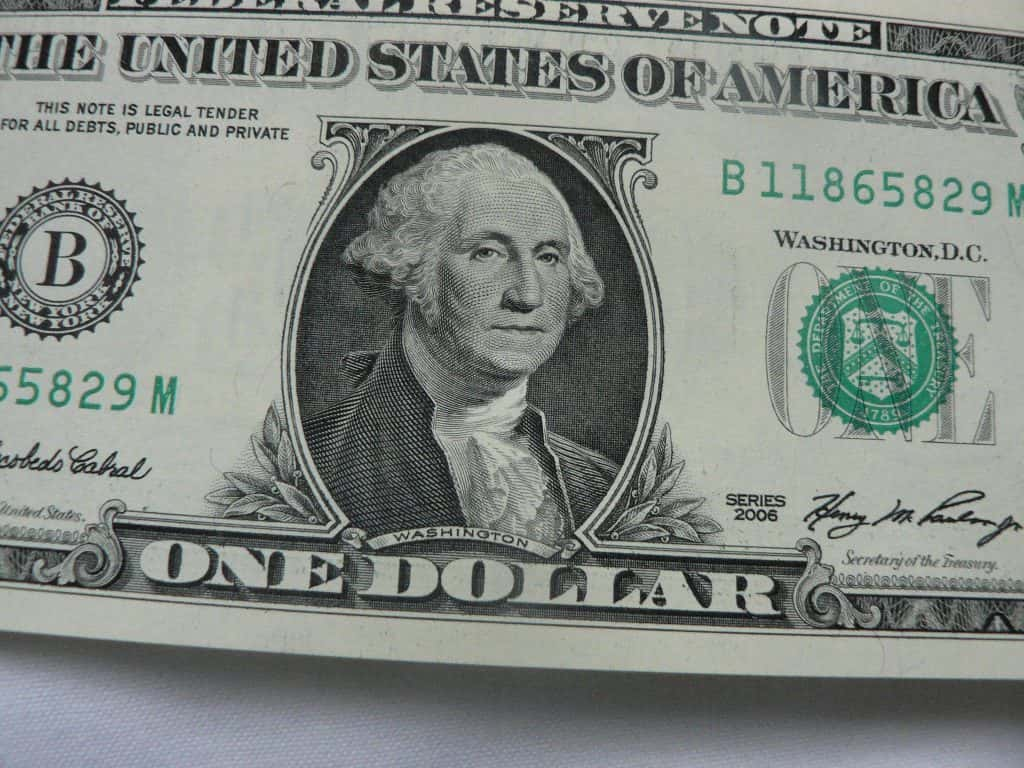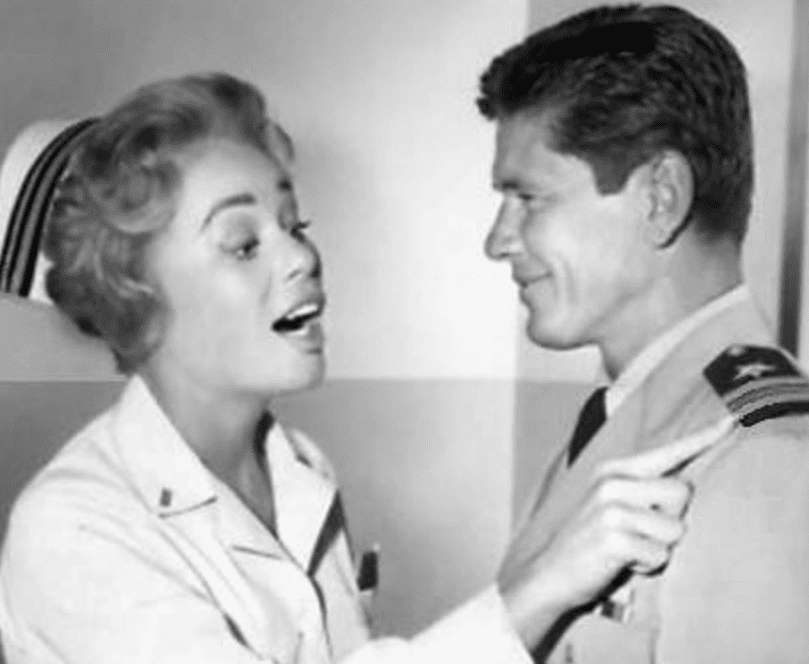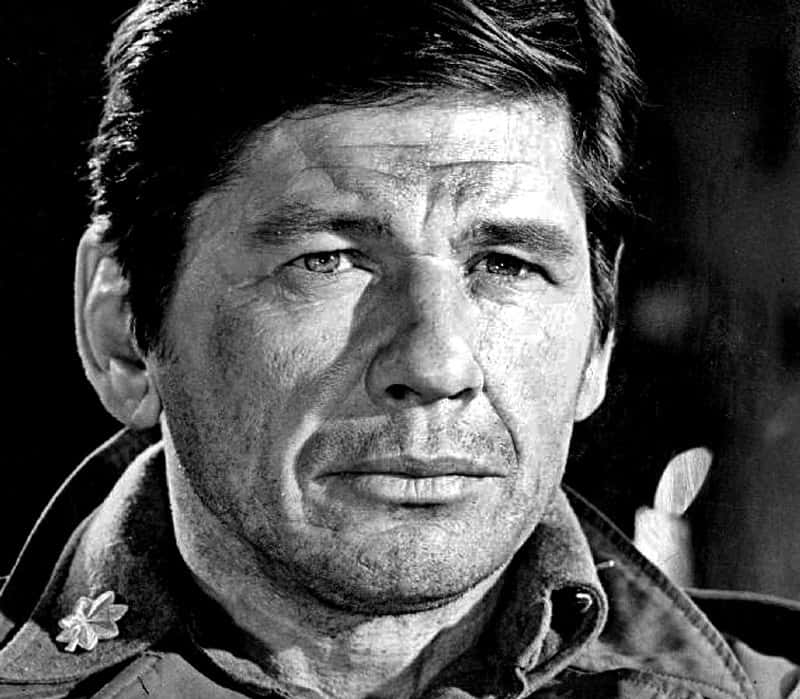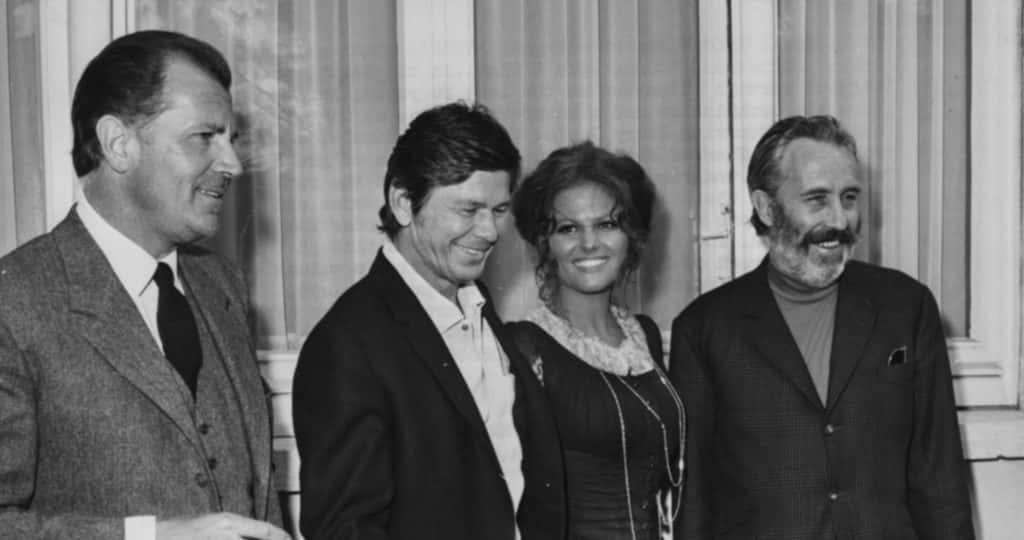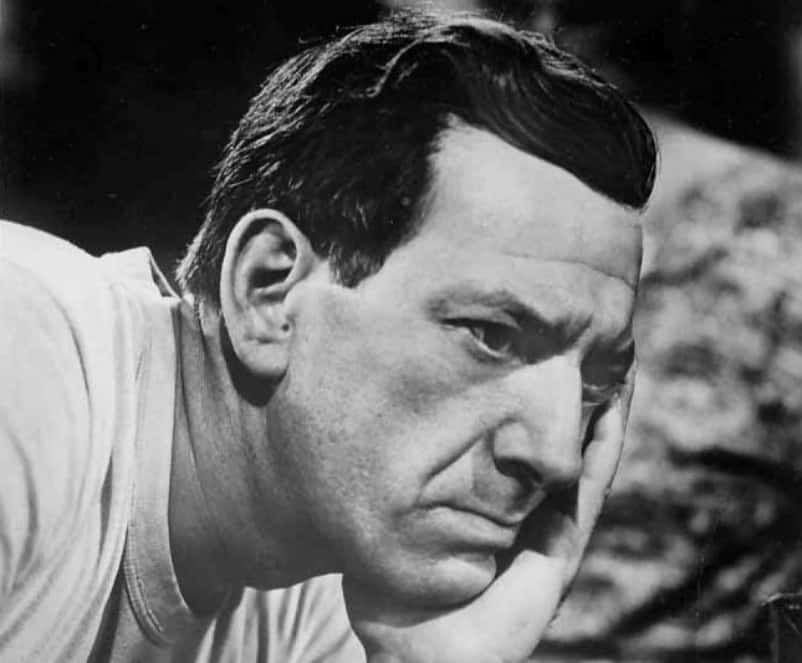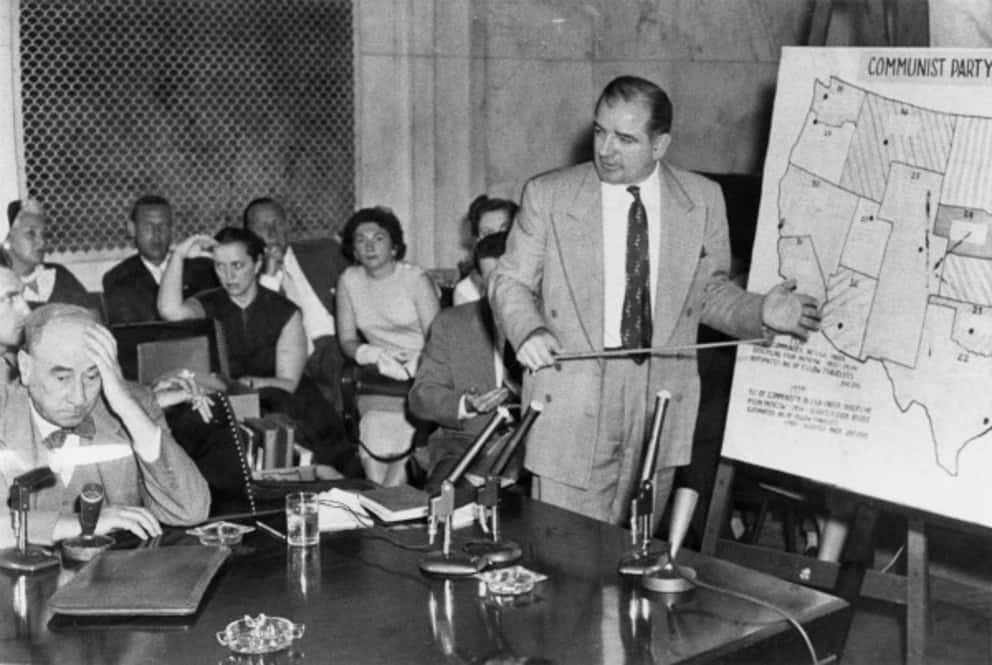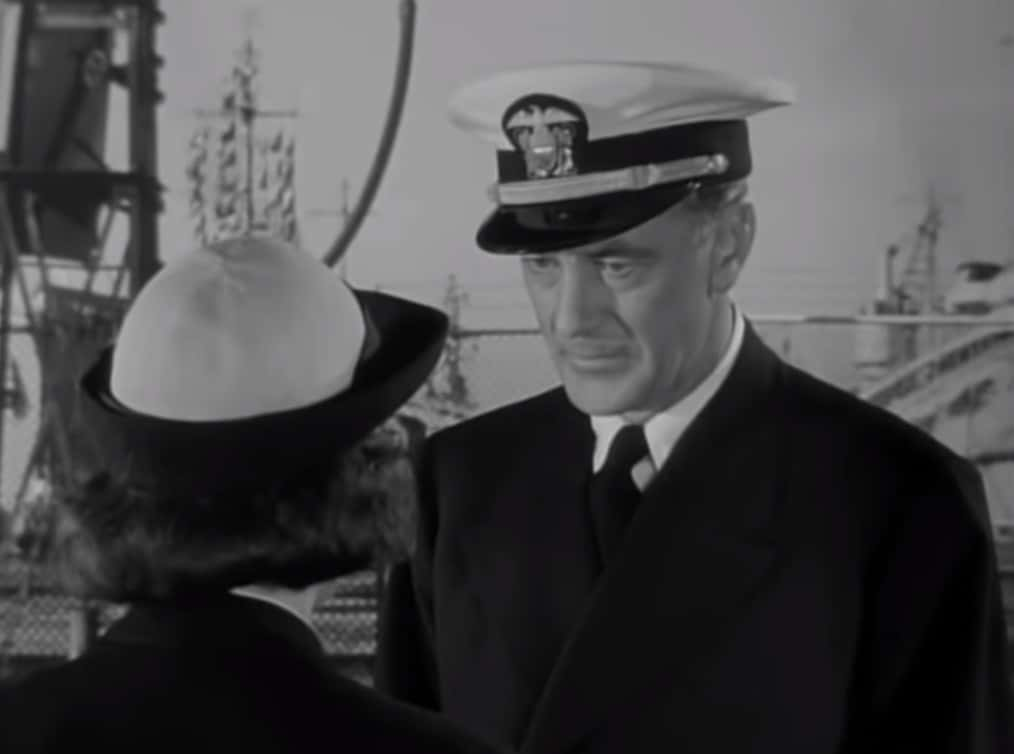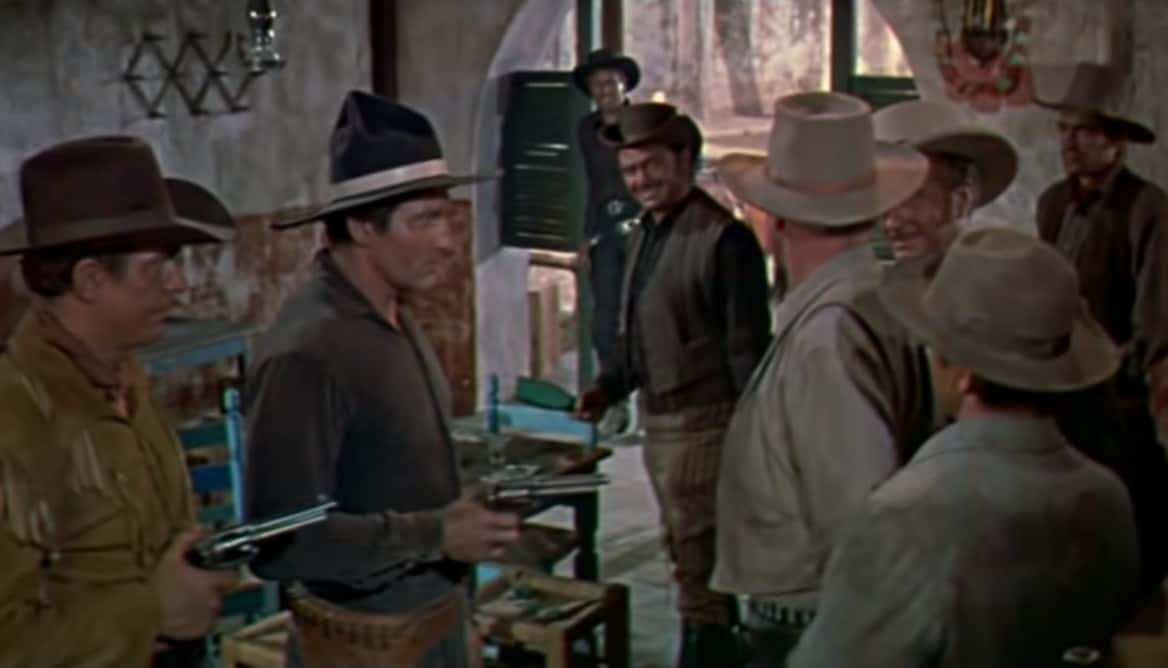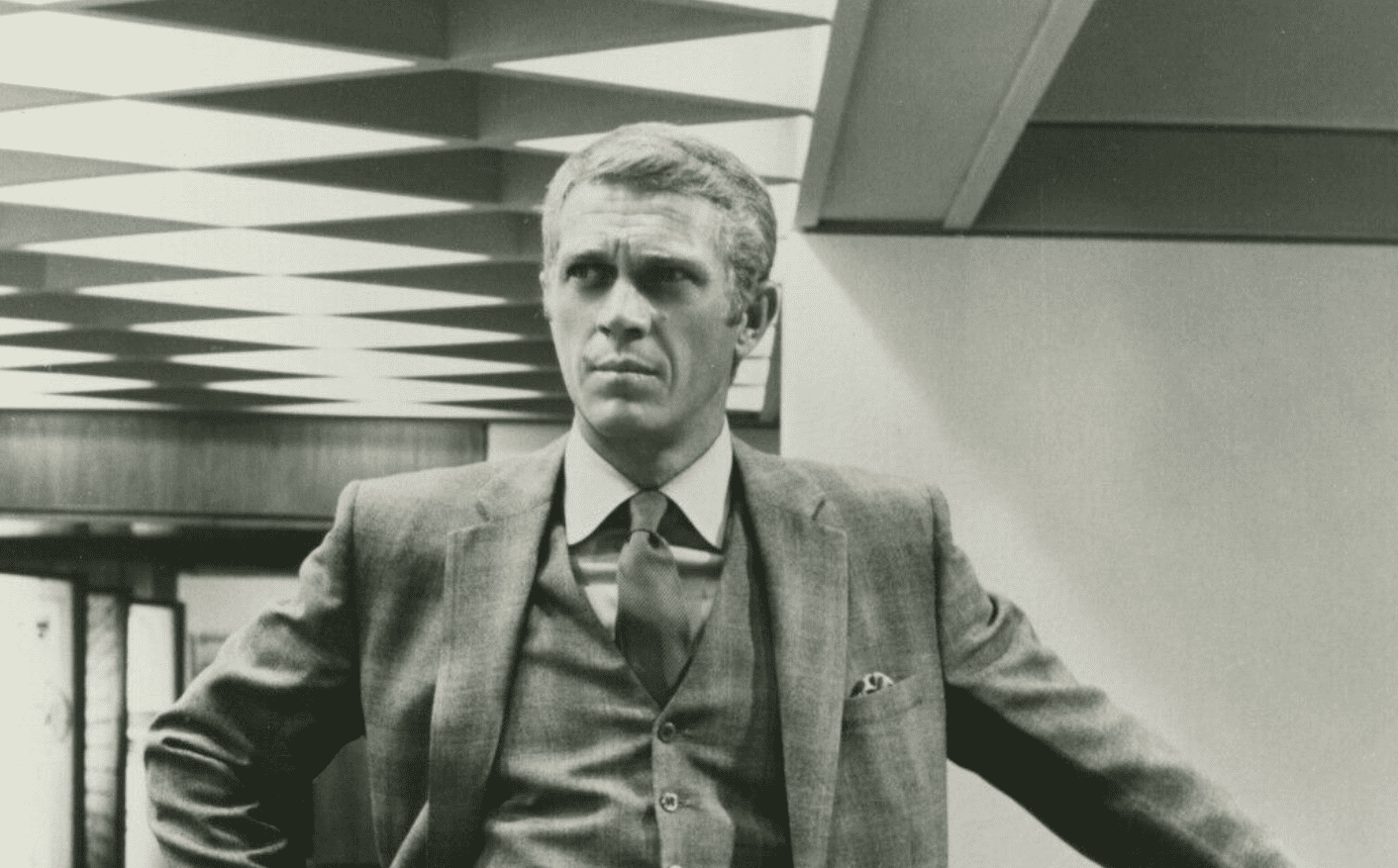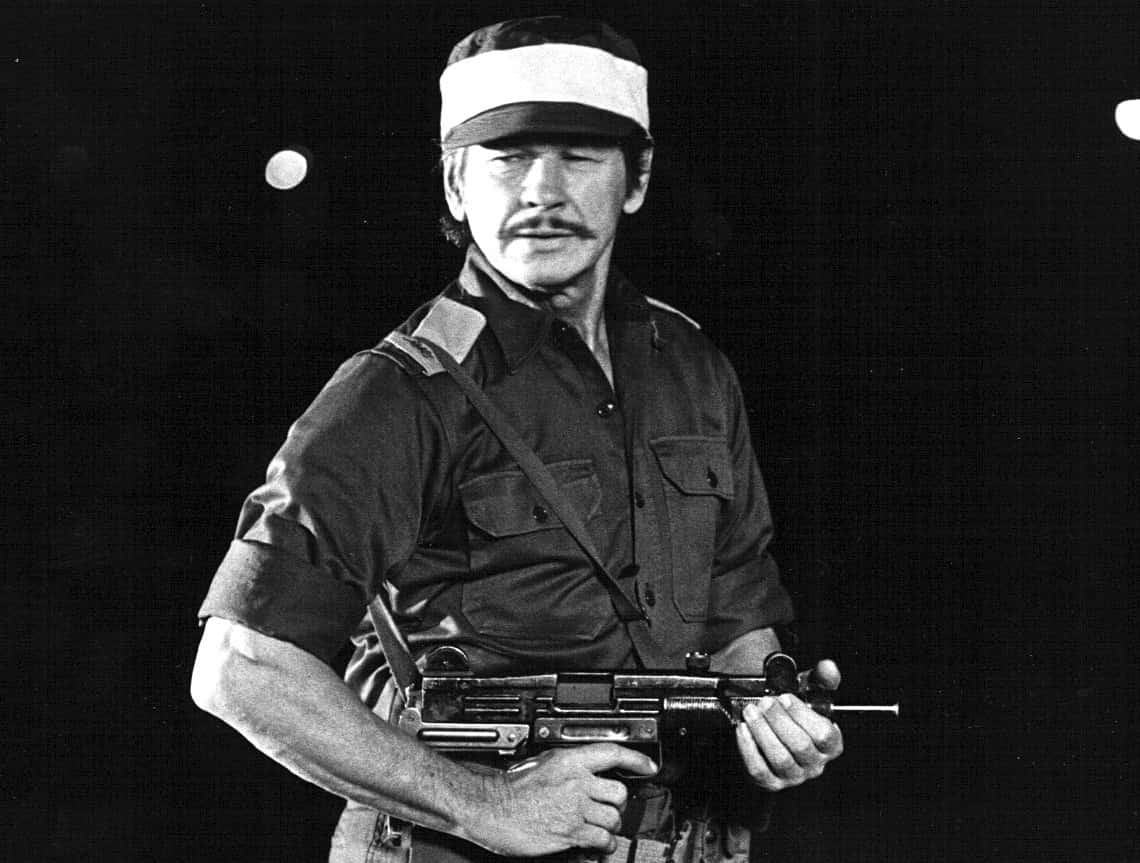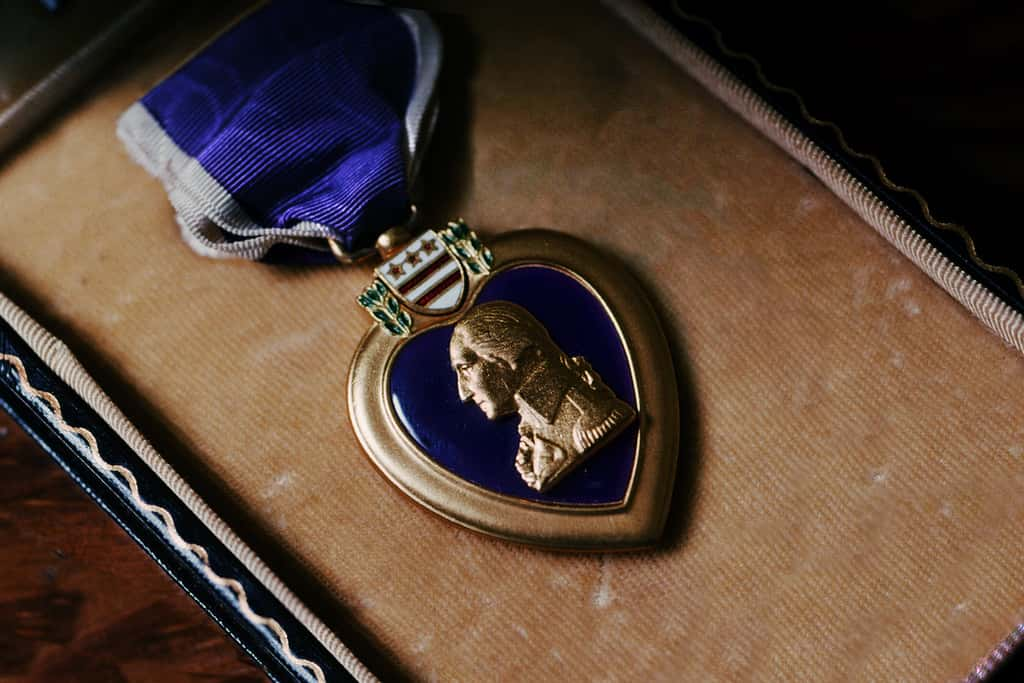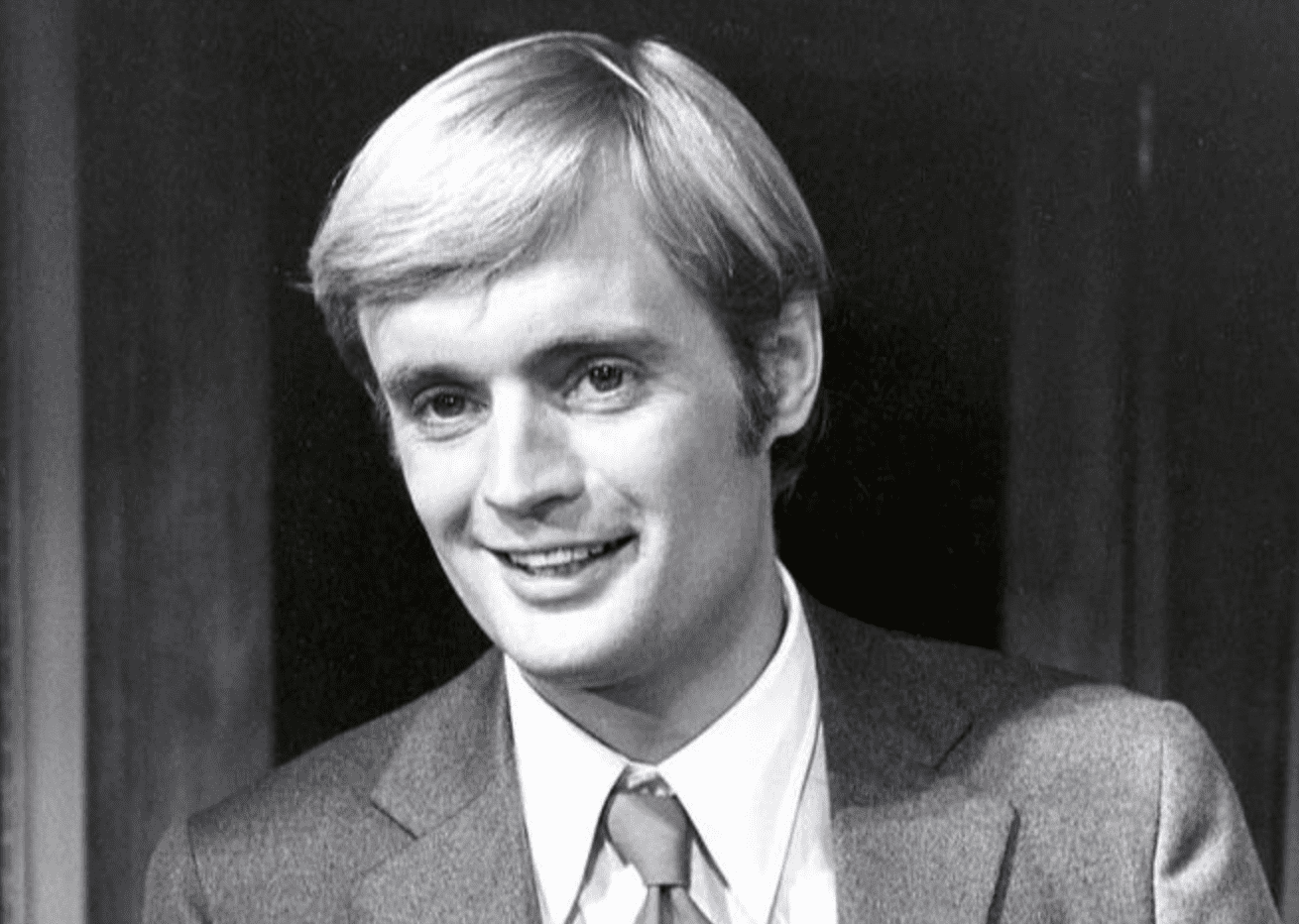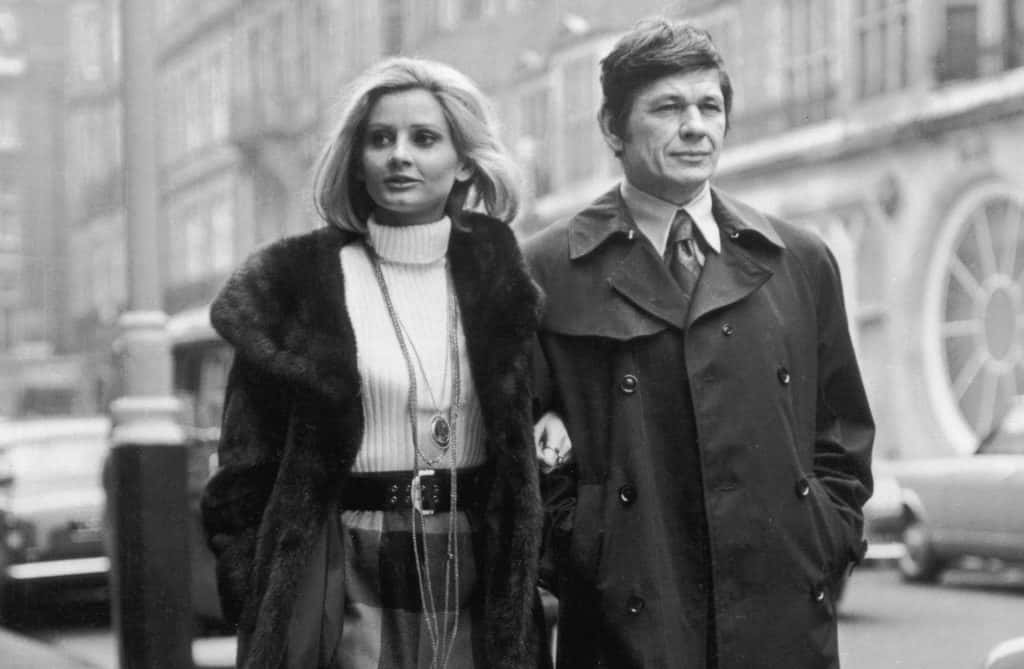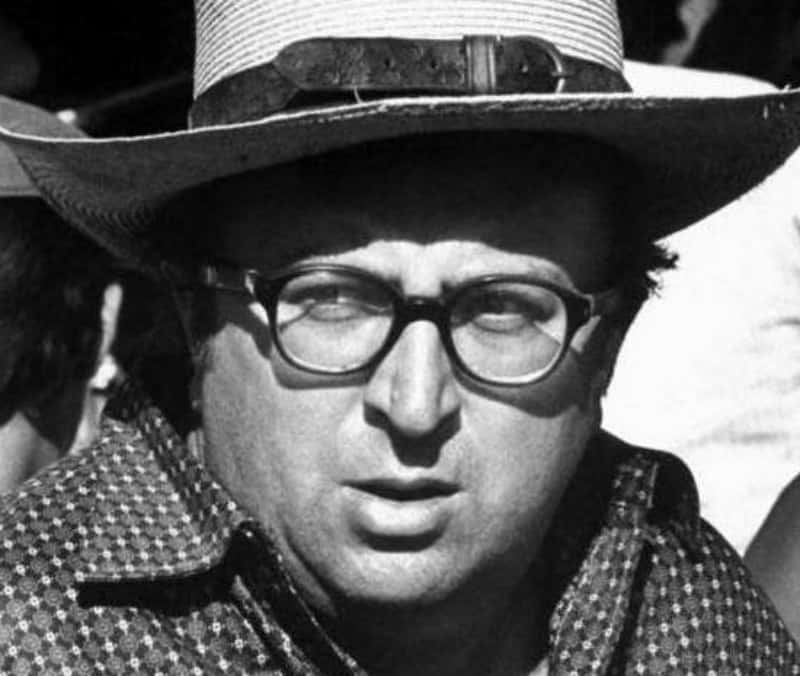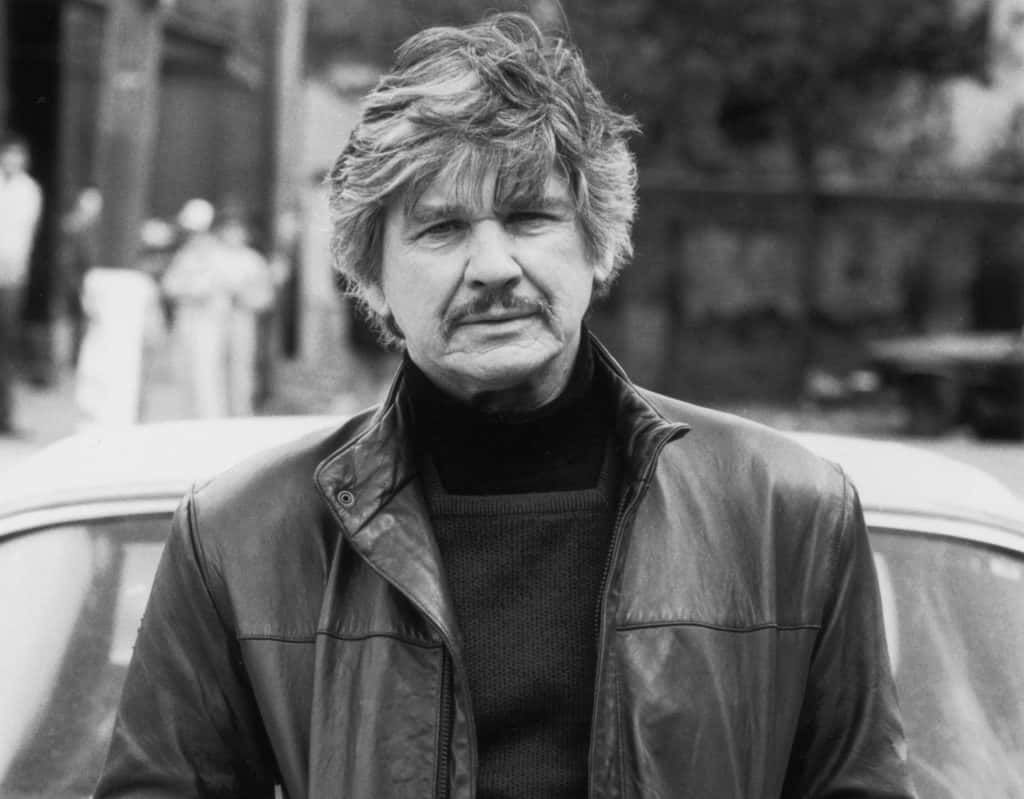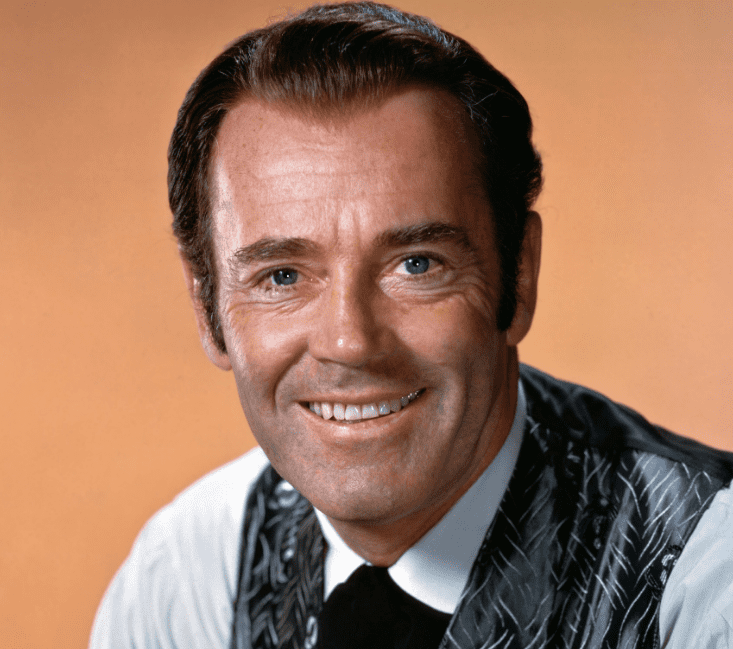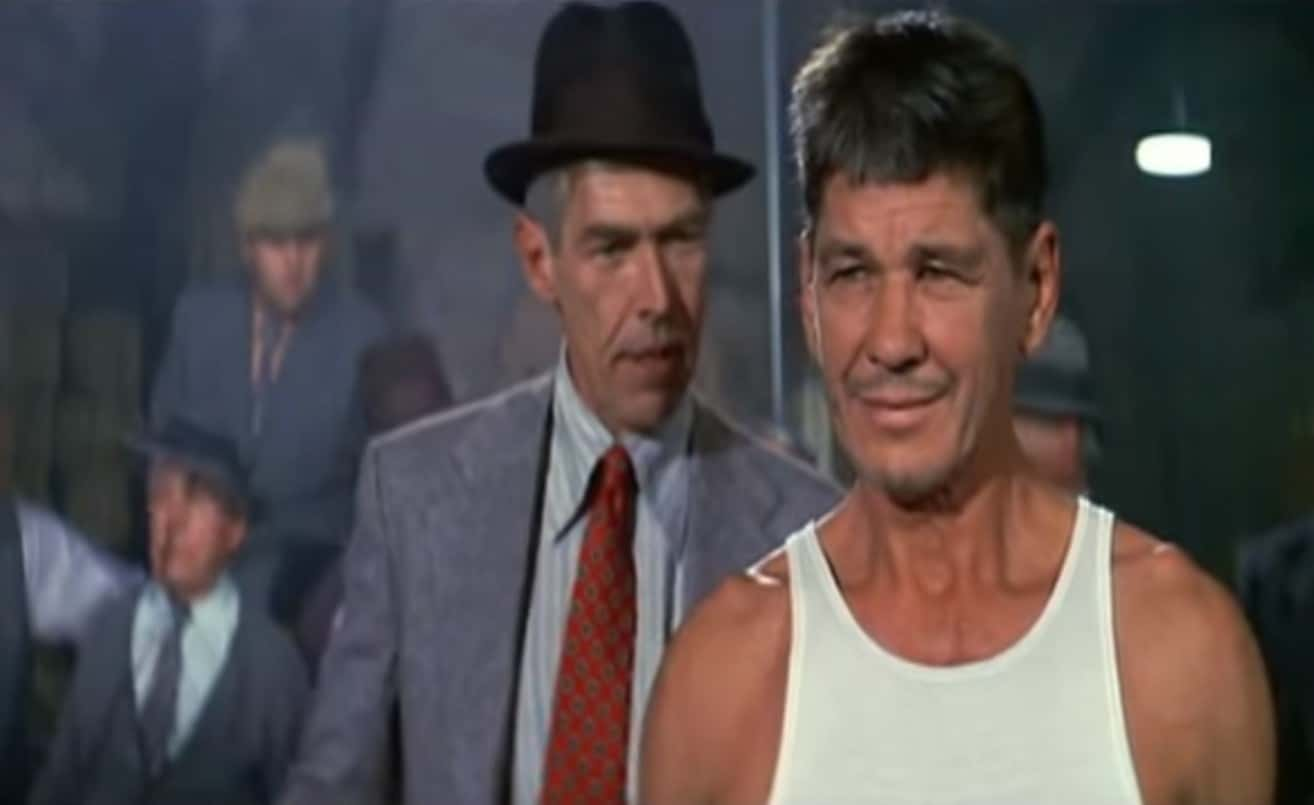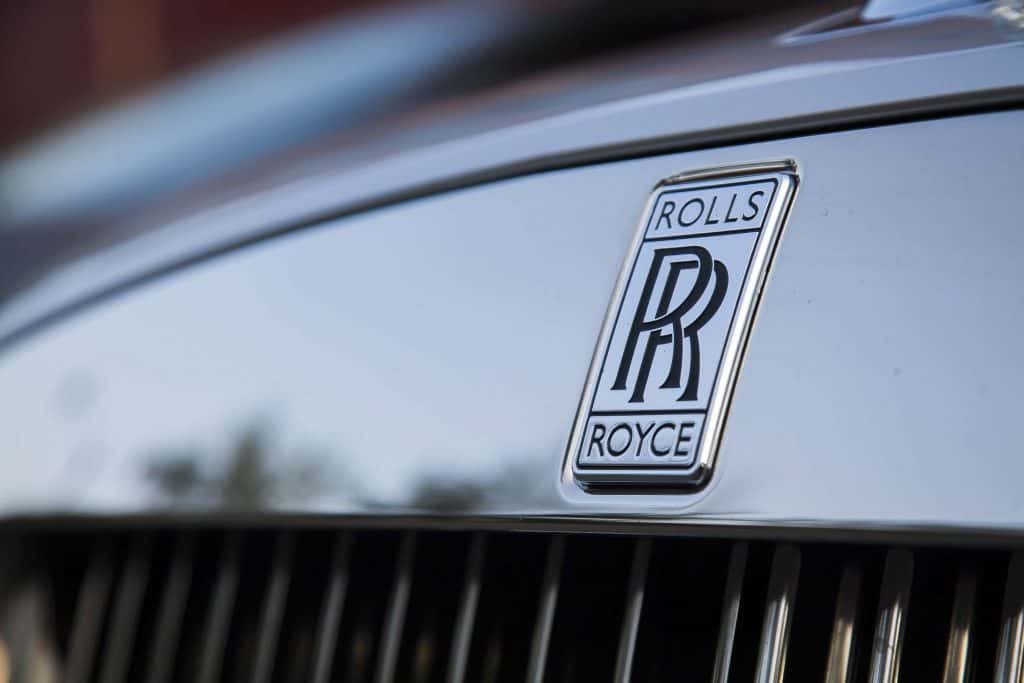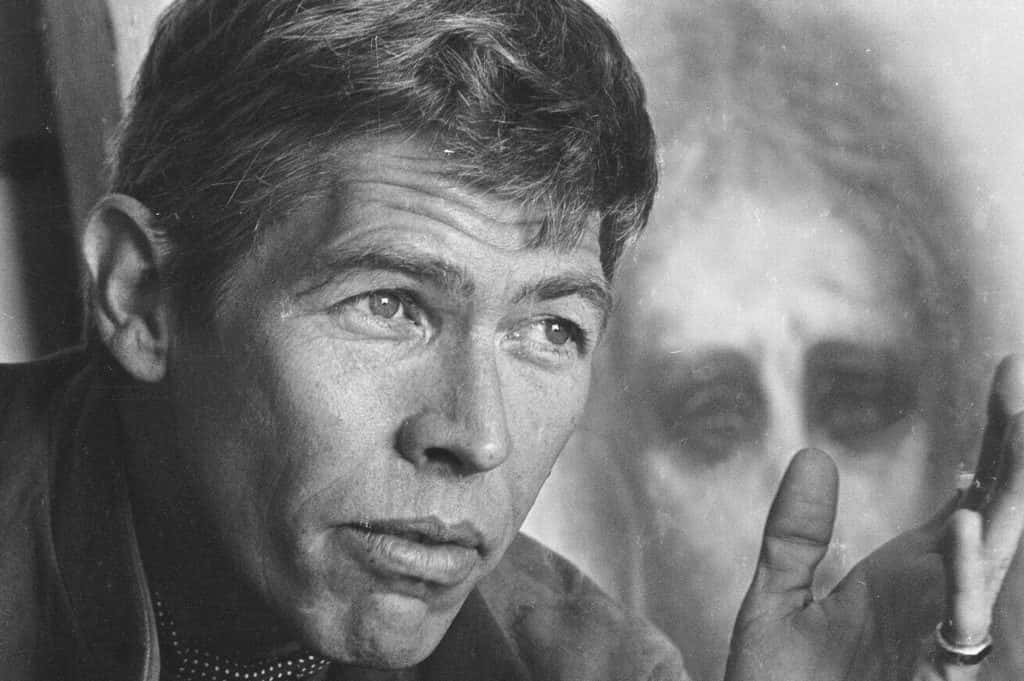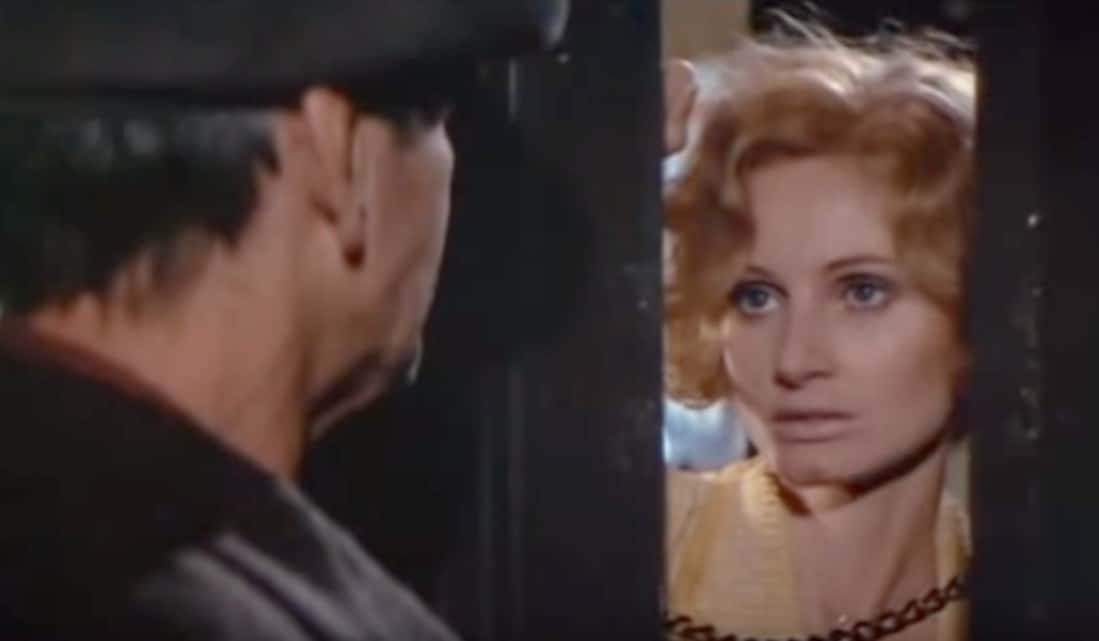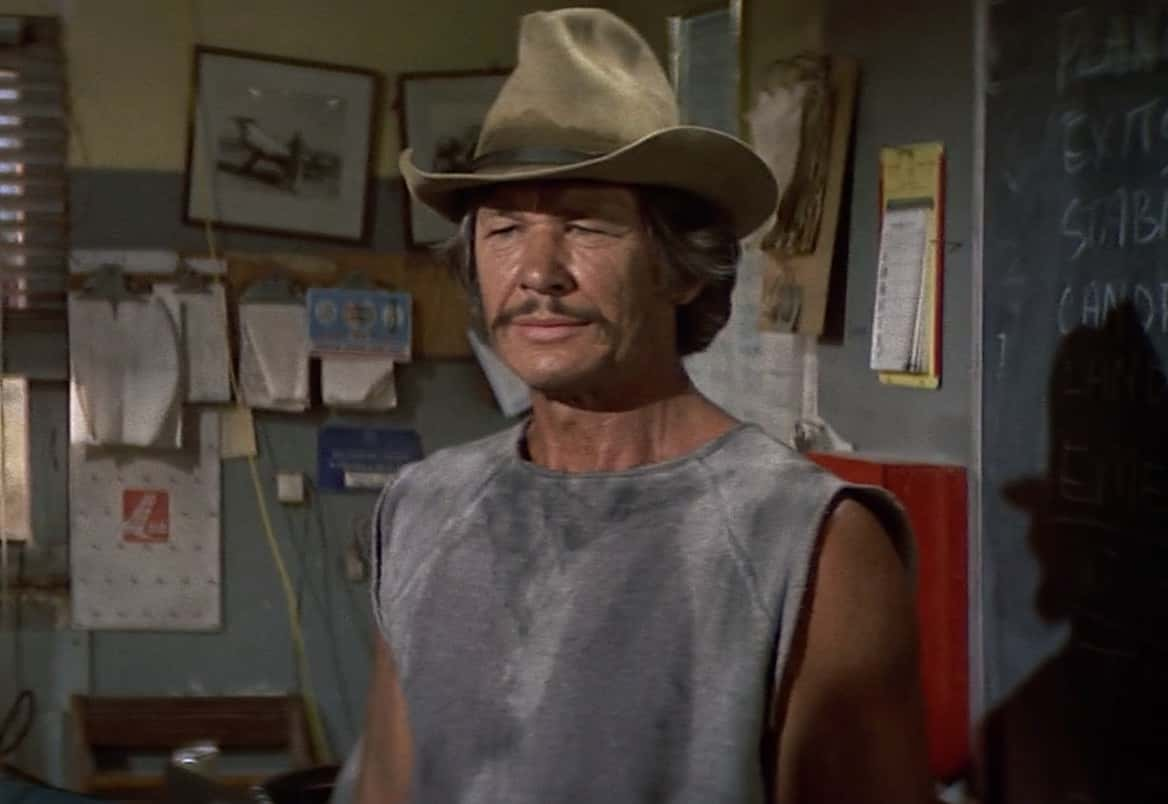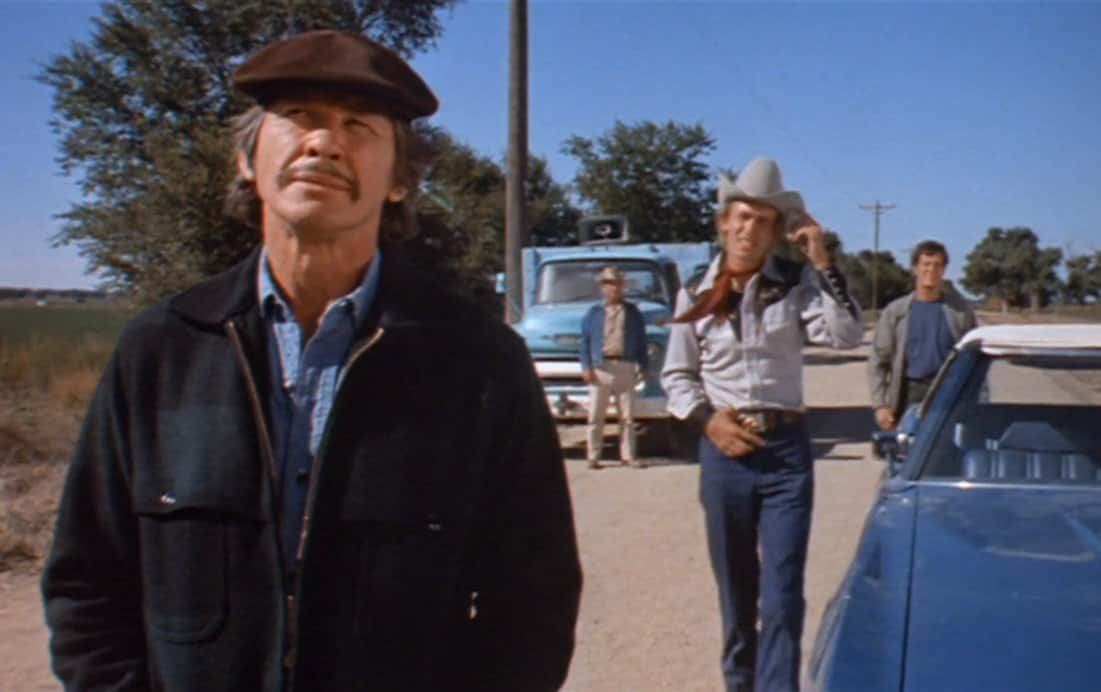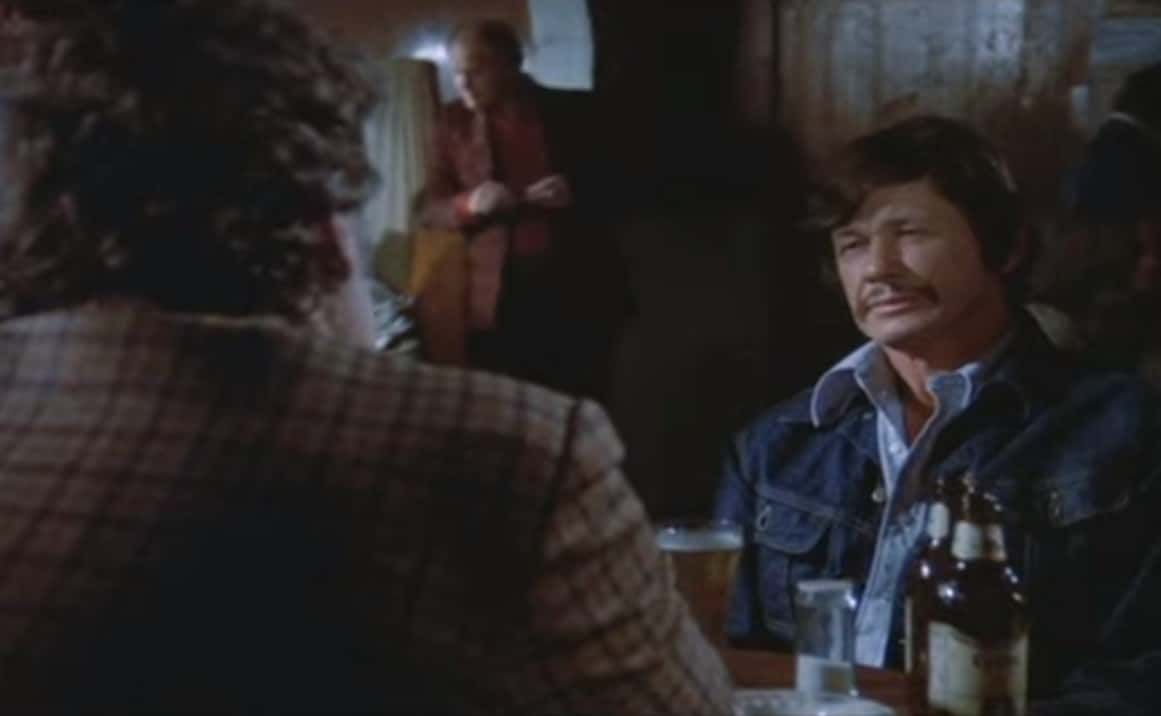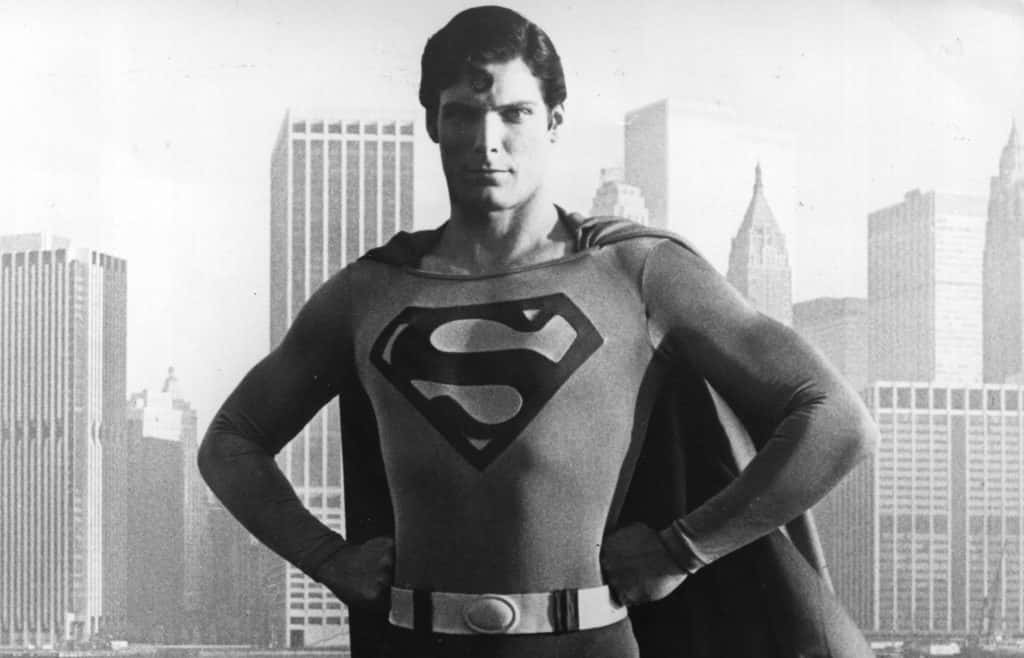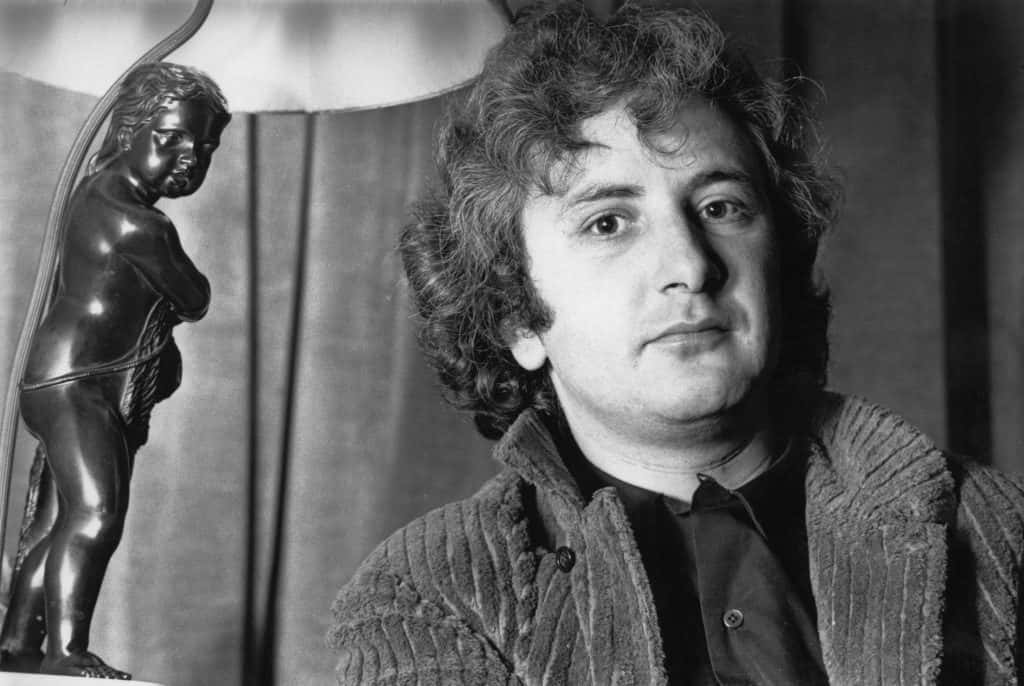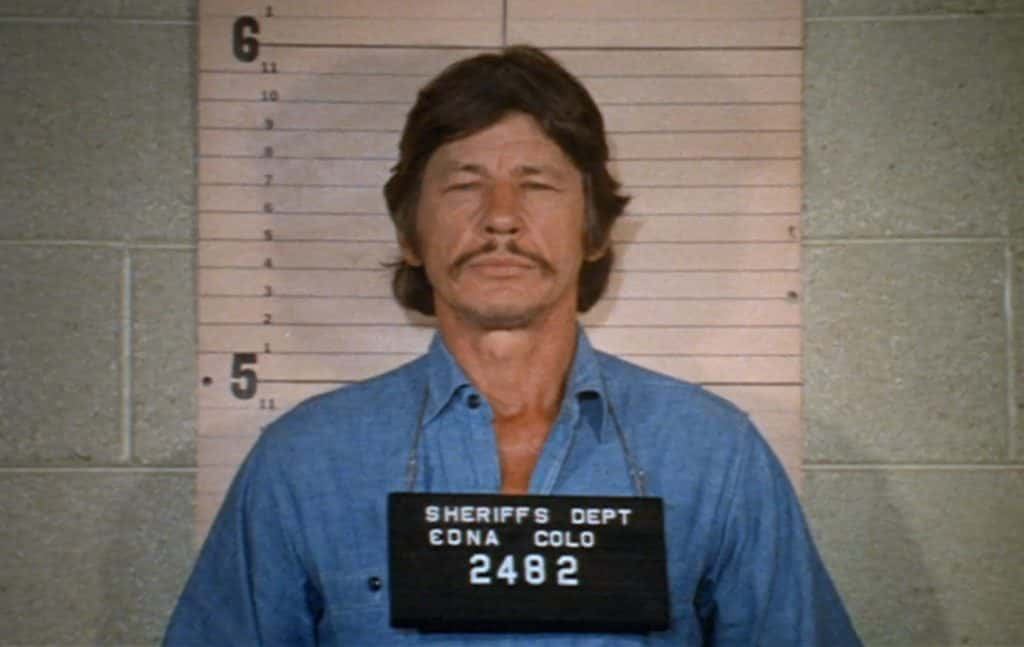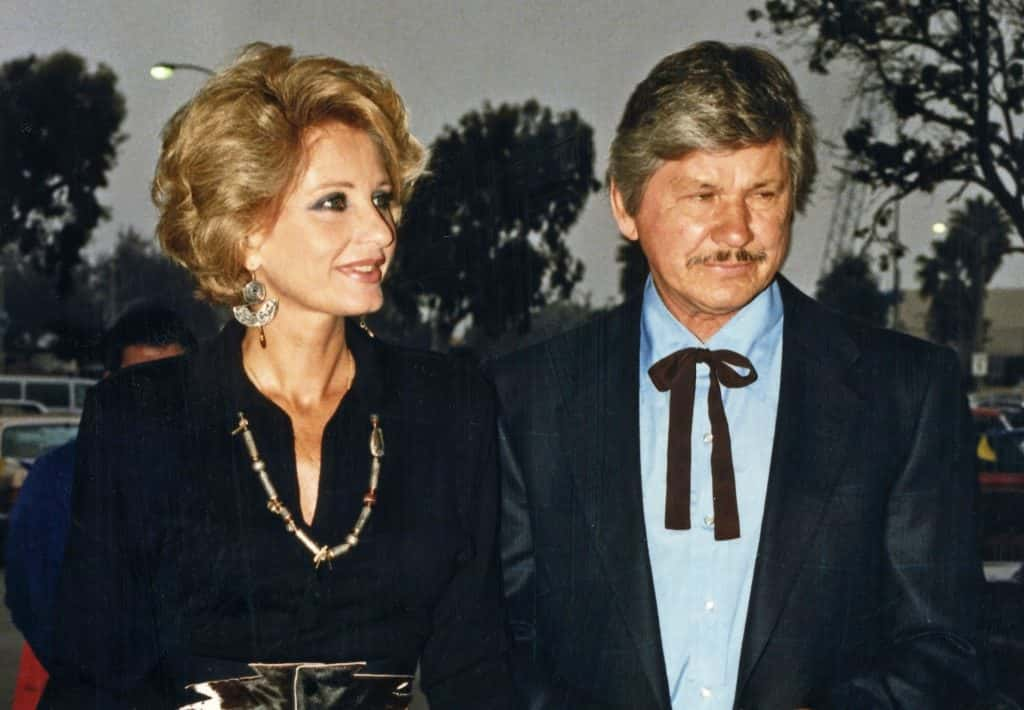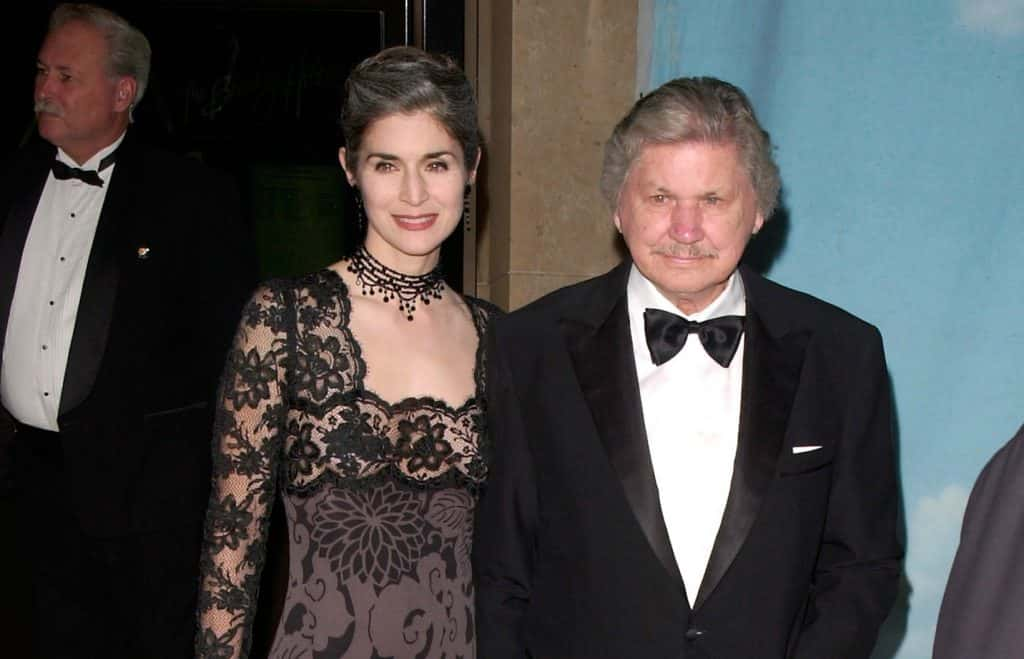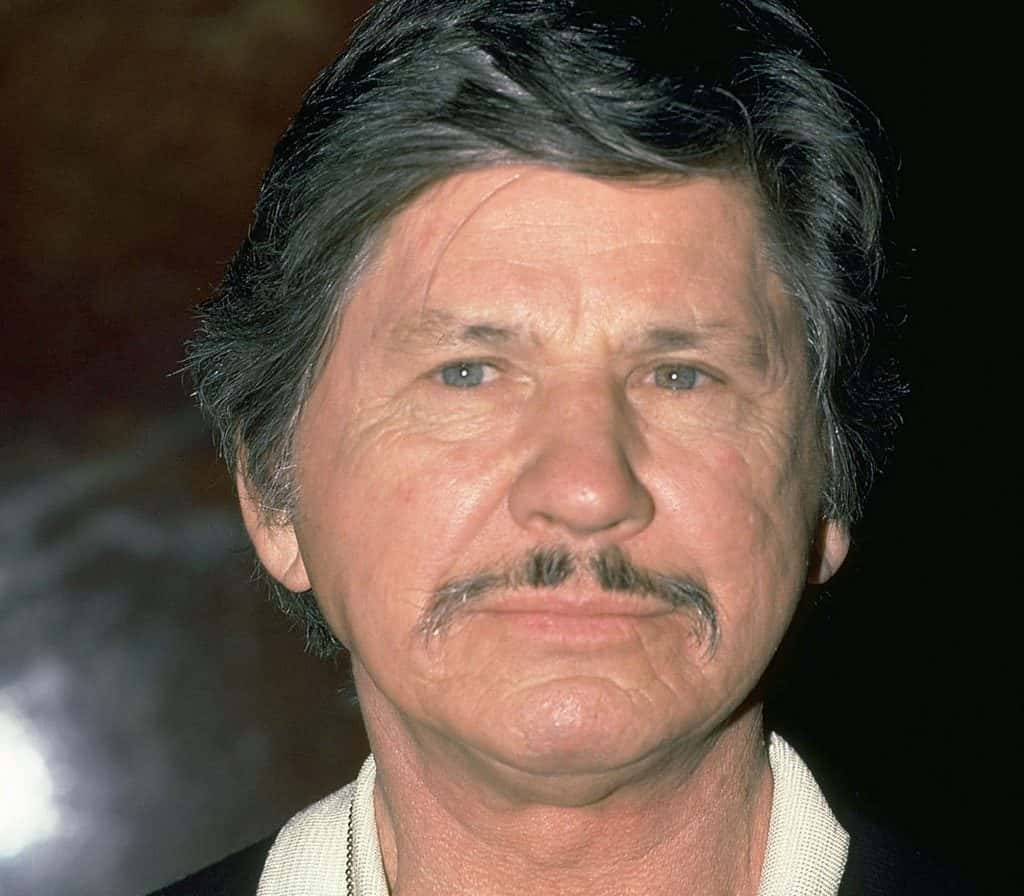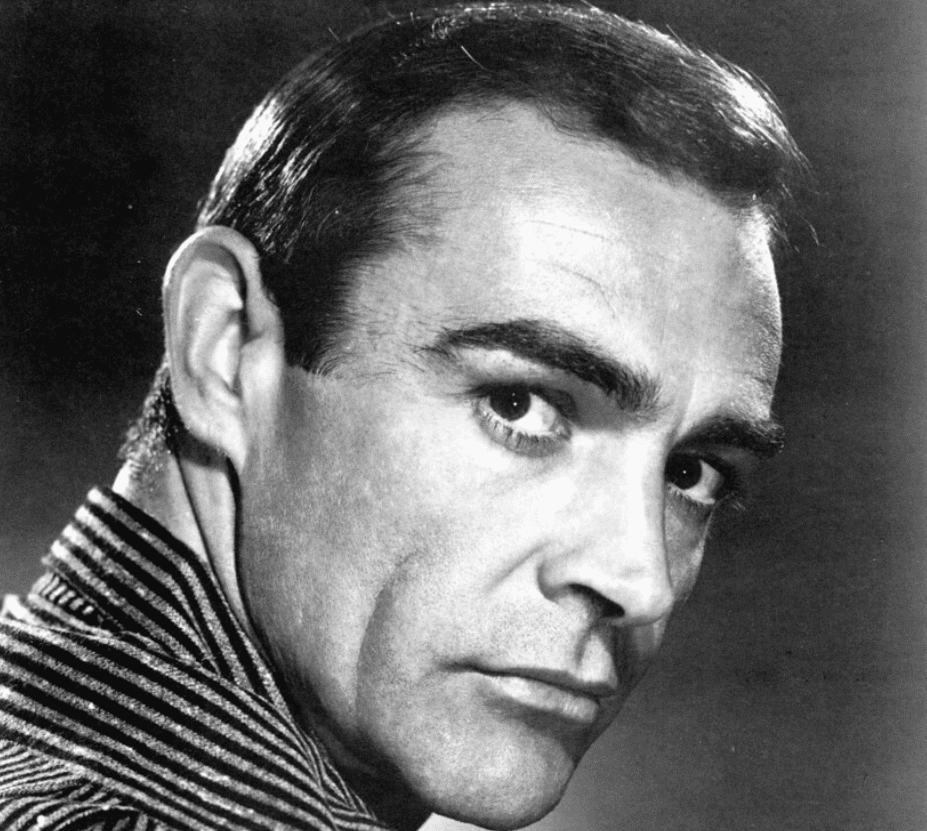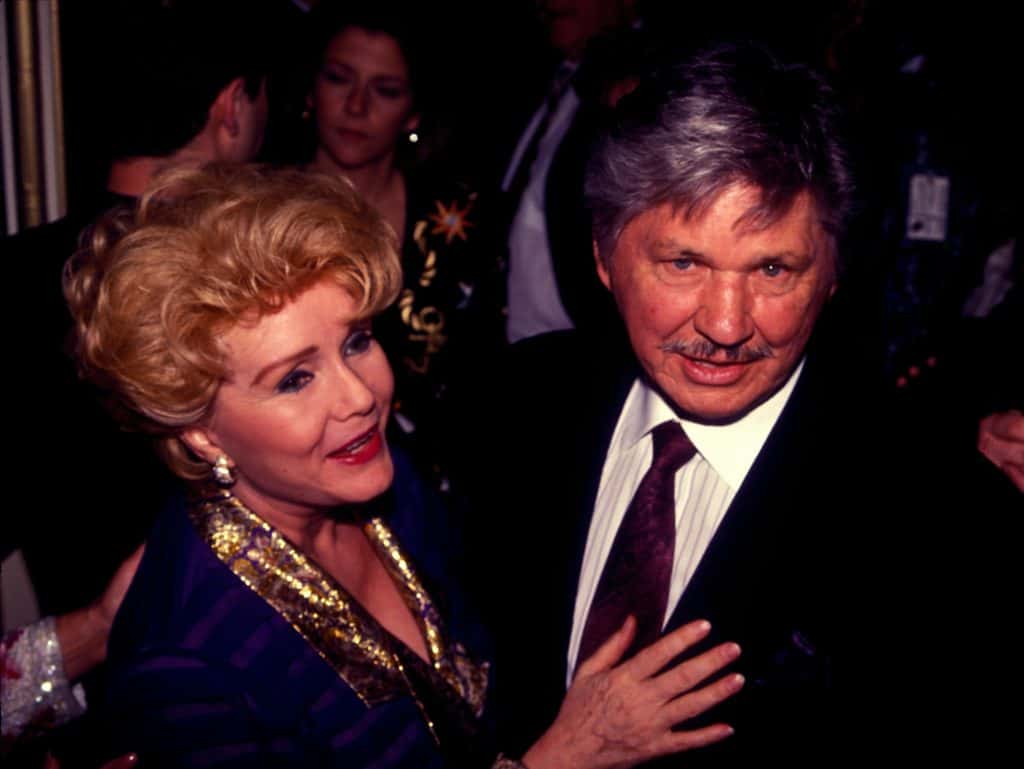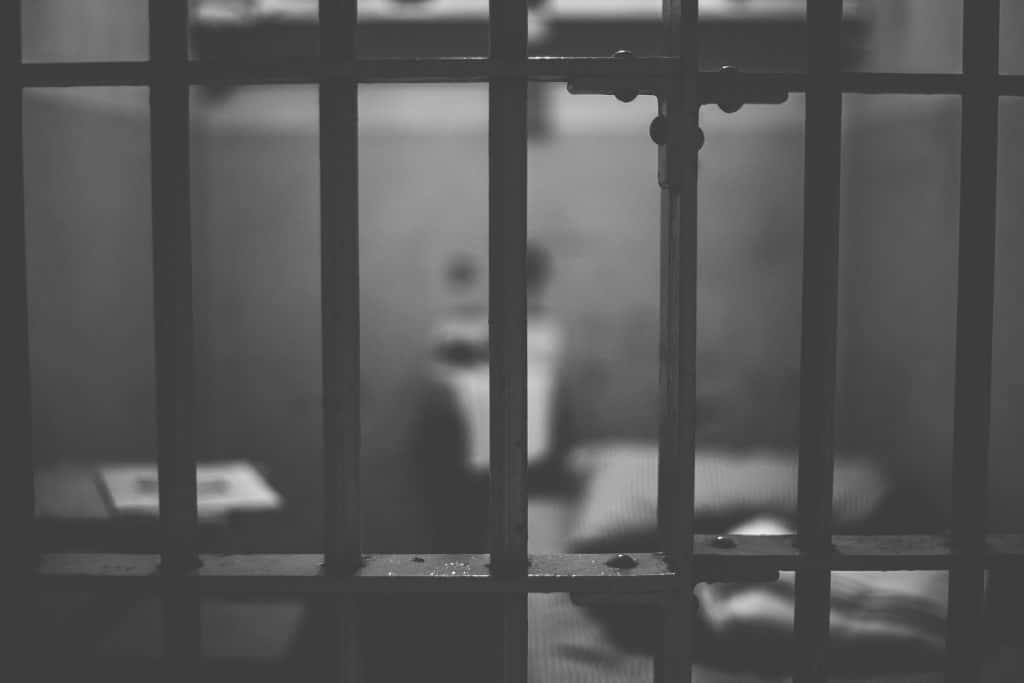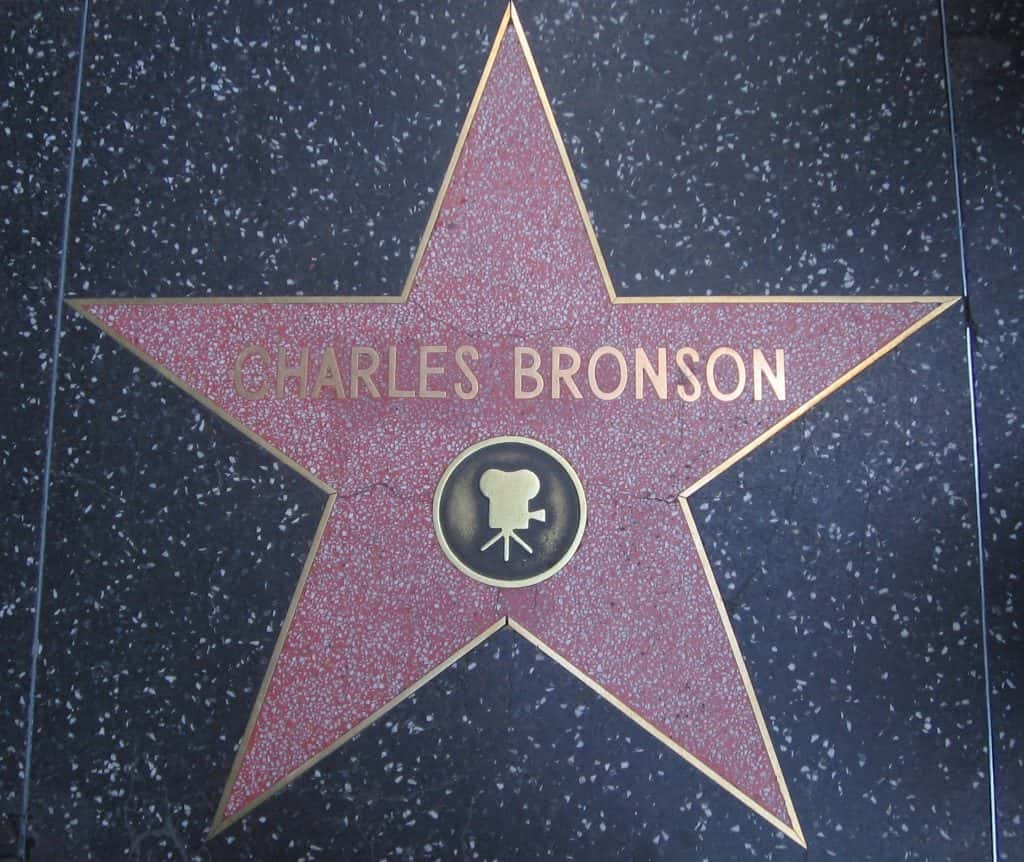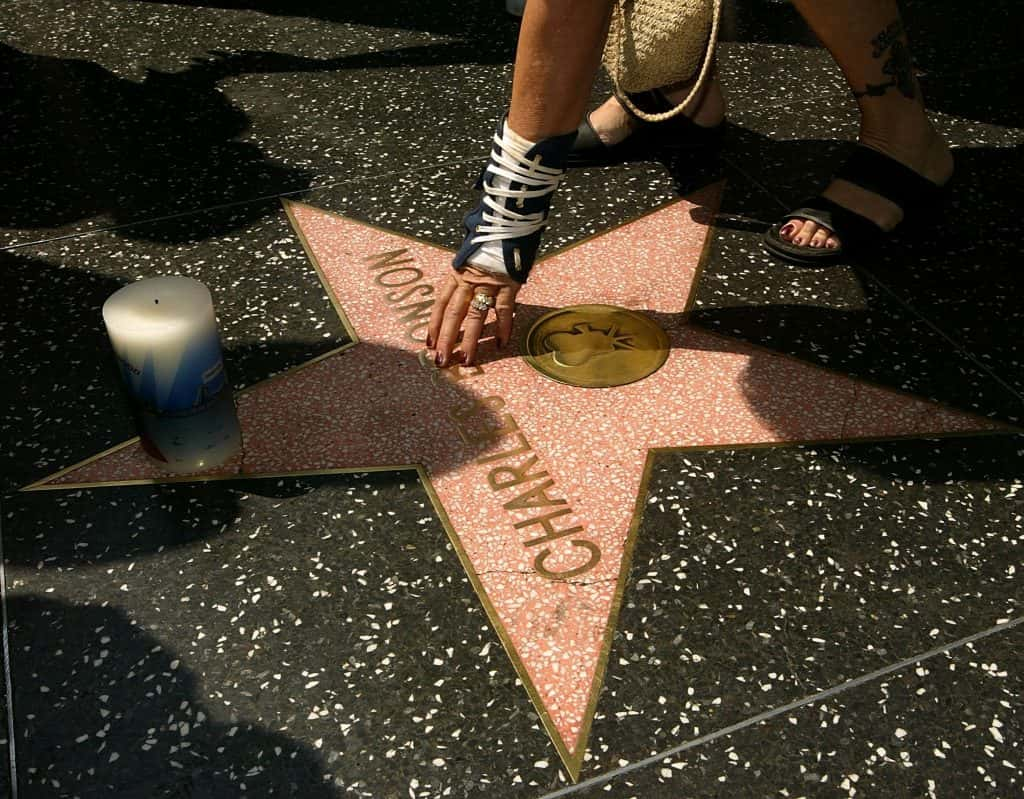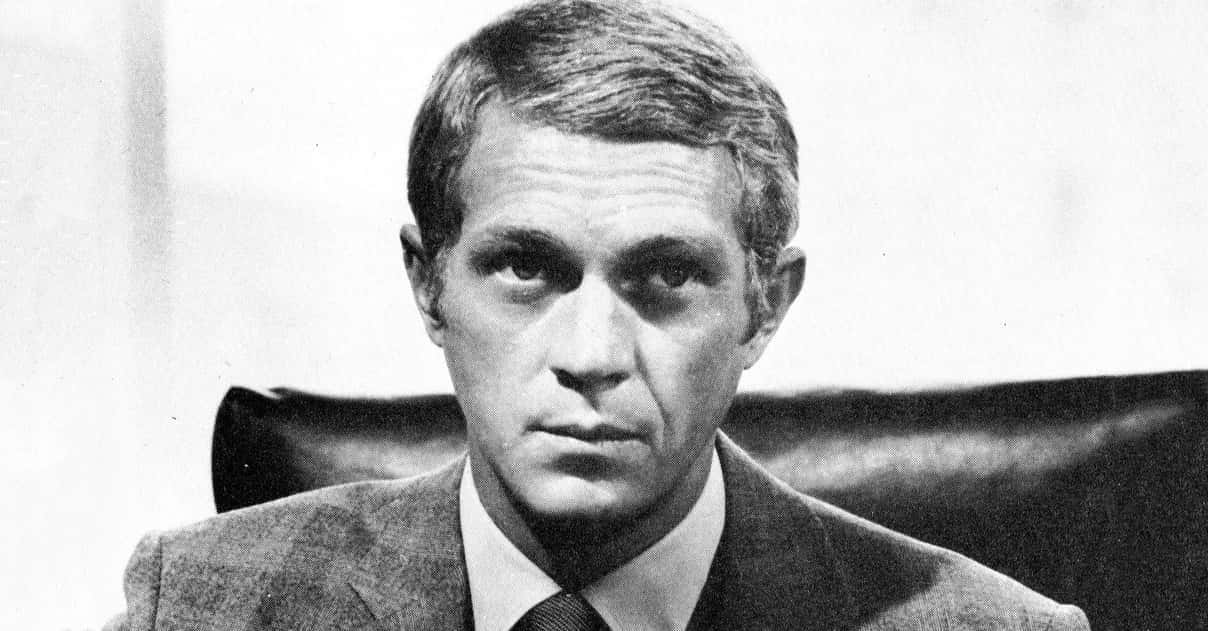In the 1970s, Charles Bronson was the most famous man in Hollywood. While this iconic action star has gone down in cinema history for his devil-may-care quips and awe-inspiring stunts, his steely-eyed stare concealed an utterly brutal past. From his tragic roots to his chilling scandals, Bronson was action's toughest star both on and off screen.
1. Insert Catholic Joke Here
Charles Dennis Buchinsky was born Ehrenfeld, Pennsylvania on November 3, 1921. Born to Lithuanian immigrants, Bronson was their 11th child. Incredibly, Bronson’s parents ended up having 15 kids in total. Sadly, they were far from a happy family. Bronson didn't have many memories of his early childhood, but he did remember that when his father came home, he instinctively hid from him.
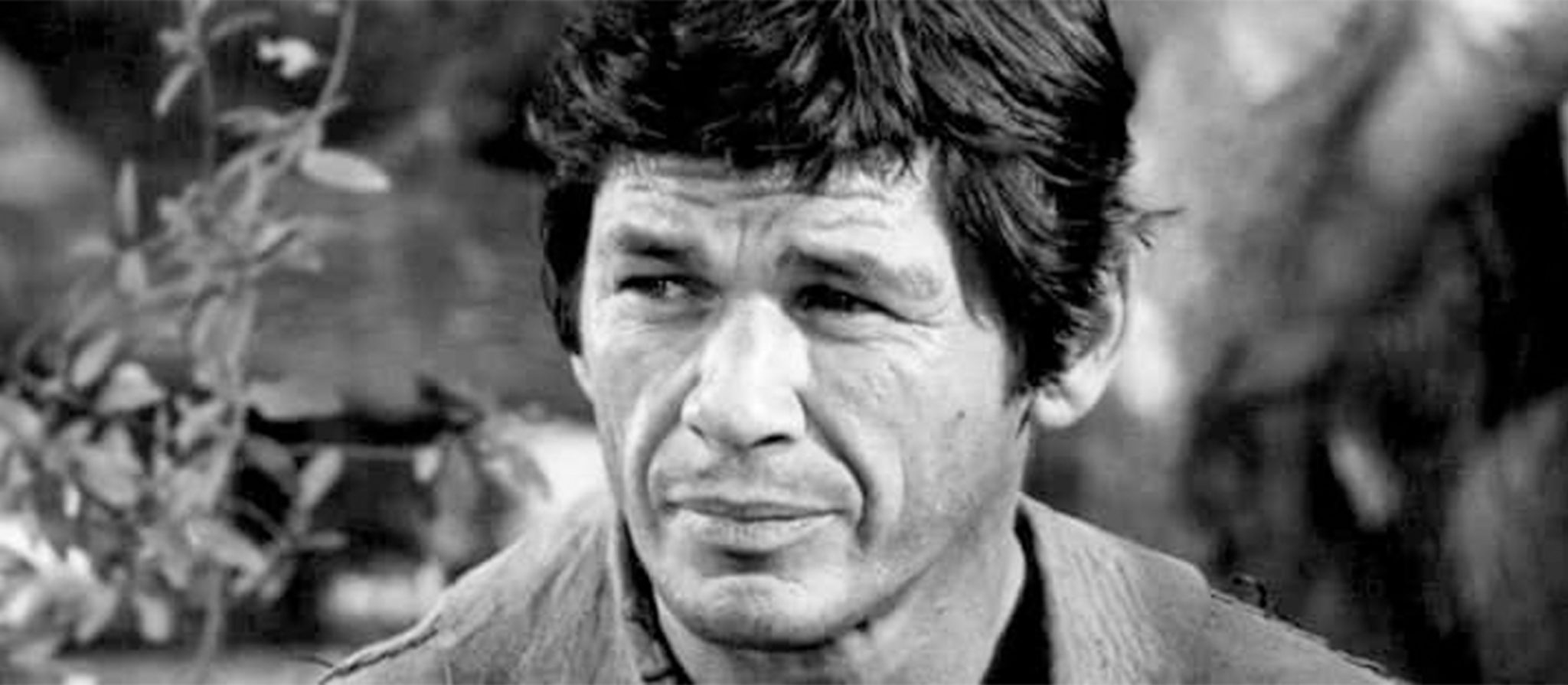
2. Literally Penniless
It’s not an understatement to say that Charles Bronson grew up in extreme poverty. According to Bronson himself, he shared socks with his brothers, and their father shaved their heads in the hope that they wouldn’t get lice. Things were so bad for him and his family, in fact, that the only school uniform available to the young Bronson was one of his sister’s old dresses.
3. Light Up!
Growing up very poor in a large family and going into the workforce as a child was undoubtedly a very stressful situation for Bronson. This upbringing has often been used to explain one of Bronson’s worst habits—he’d actually taken up puffing at the tender age of nine. It was a habit he maintained for the rest of his life...and sadly contributed to his demise.
4. Hard Times
As if Bronson’s life wasn’t hard enough during his childhood, he suffered a terrible tragedy at the age of 10 when his father passed on—but the young boy’s nightmare was just beginning. This loss not only deprived Bronson of a parent, it also meant that he had to work in the coal mines where his father had previously been employed in order to support the family.
5. Insert Minimum Wage Argument Here
Bronson spent the entirety of his teenage years working in the coal mines, starting in the mining office as a child before going underground when he was old enough. Bronson later claimed that for every ton of coal that he mined, he was paid a single dollar.
6. Ready to Serve
In 1943, Bronson was drafted into the US forces as they fought WWII. While the draft comes with its detractors and critics, Bronson claimed that being drafted was the best thing that had ever happened to him. Not only did he get to leave mine work, but as he put it, "I was well fed, I was well dressed for the first time in my life, and I was able to improve my English". What, what was that last part?
7. Breaking Barriers
Bronson’s first language wasn’t English growing up. His parents spoke Lithuanian at home and he didn’t learn English until he was already a teenager. However, he was far from a slacker—Bronson was the first person in his family to graduate from high school. Even with the odds stacked against him, Bronson refused to back down. Maybe this tough upbringing helped him play such steely characters.
8. Something He Just Fell Into
Charles Bronson first got into acting through a chance meeting. Following WW2, Bronson worked a series of odd jobs to keep busy, until one day in Atlantic City when a group of actors invited him to paint sets for them. Bronson liked painting, so he took the job. While he was working in the theater, he did a bit of acting on the side and eventually decided to pursue it as a career.
9. What an Unlikely Pair!
While Bronson was still a struggling actor in the late 1940s, he lived in a New York City apartment with a then-unknown Jack Klugman, who went onto roles in 12 Angry Men. The Odd Couple, and The Twilight Zone. Regarding Bronson, Klugman once revealed that Bronson had been a neat freak during their time together and was apparently a darn"good ironer". It sounds like a classic comedy, but the reason for Bronson's tendencies was anything but funny.
10. Hiding in Plain Sight
Bronson began his Hollywood career with his real surname, Buchinsky, but a dark time forced him to change it to "Bronson". In the 1950s, the Red Scare gripped the US. Encouraged by Senator Joe McCarthy, anti-Communist witch hunts swept the country, targeting leftists and Eastern Europeans alike. To stand a chance, Bronson all but had to change his Lithuanian last name. But that's not even close to the strangest thing Bronson did to become famous.
11. Excuse Me!
All actors have unique stories of how they finally managed to snag their first film role, and Charles Bronson’s story is particularly bizarre. As a struggling young actor, Bronson first appeared in the 1951 film You’re in the Navy Now. He only managed to get the role because of his ability to belch at will. Unfortunately, while it was good enough to get him the gig, it wasn’t good enough for him to get a film credit for his troubles!
12. Action On and Off Screen
In 1954, Bronson was in Mexico filming Vera Cruz, a film about American gunslingers getting caught up in a conflict between the Mexicans and the French. One day during production, Bronson and one of his co-stars, Ernest Borgnine, needed to go oninto town. Because they happened to still have the horses from filming, they just rode into town from set. Little did they know, they were in for a chilling event.
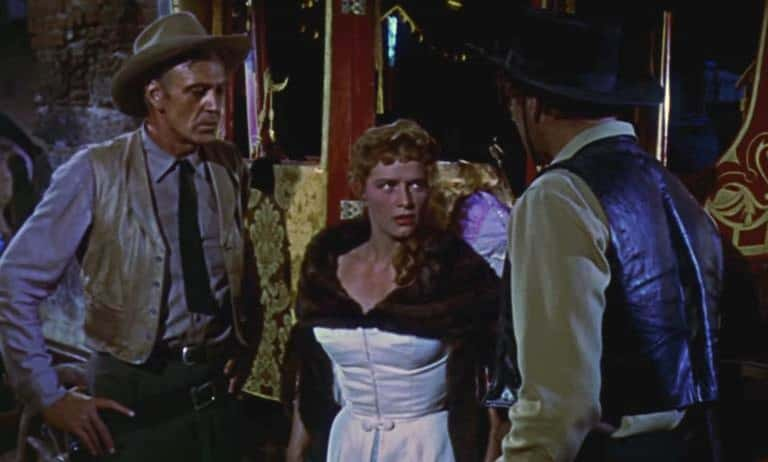
13. Dodged a Bullet. Almost Literally!
They were still dressed like Old West outlaws, prop guns included, and their timing couldn’t have been worse. They were spotted by a truck full of Mexican national authorities who didn’t know about the movie. Bronson and Borgnine ended up both being held at gunpoint until someone could be found to confirm who they really were.
14. Old Timer
For all his success in film, Charles Bronson was one of the great late bloomers in Hollywood history. His breakout supporting role in The Magnificent Seven didn’t occur until he was 39. He didn’t become a movie star in the United States until the success of Death Wish when he was 53 years old.
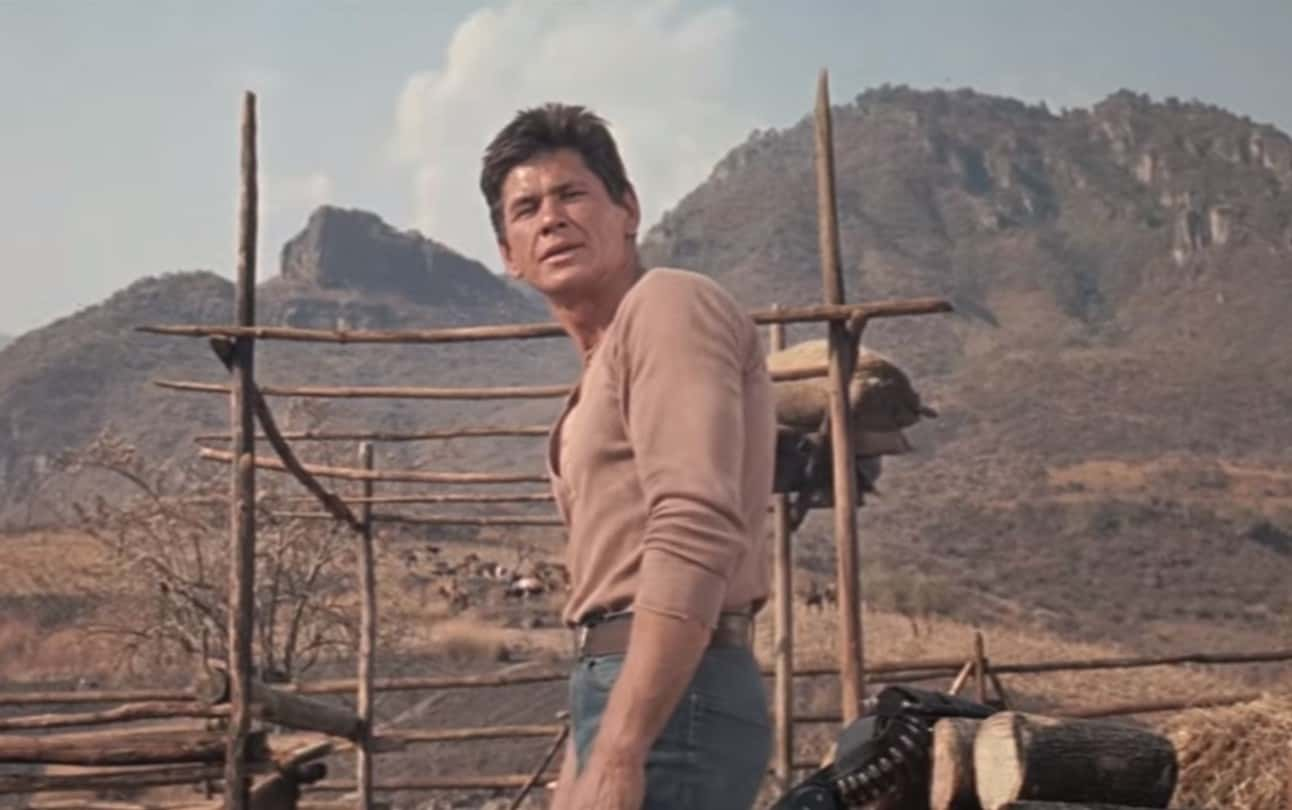 The Magnificent Seven (1960), United Artists
The Magnificent Seven (1960), United Artists
15. The Cooler King and the Tunnel Rat
Even though he was known for being very introverted on film sets, Bronson did befriend the legendary actor Steve McQueen. The two men starred in three films together but even more importantly, McQueen is the one who gave Bronson his famous name! As the story goes, McQueen and Bronson were driving together when McQueen noticed a street sign with "Bronson" written on it. He immediately suggested it to his friend as a new surname.
16. Art Imitating Life
In The Great Escape, Charles Bronson famously portrays a character named Danny "the Tunnel Rat". Danny is an expert at digging tunnels to escape from POW camps, even though it triggers his claustrophobia. Bronson brought a lot of personal experience to this role. Like Danny, Bronson served in WW2. He also spent a significant portion of his life underground when he worked in the mines as a child—and that experience had also left him with a case of claustrophobia. Despite his tough facade, filming the tunnel sequences could not have been easy.
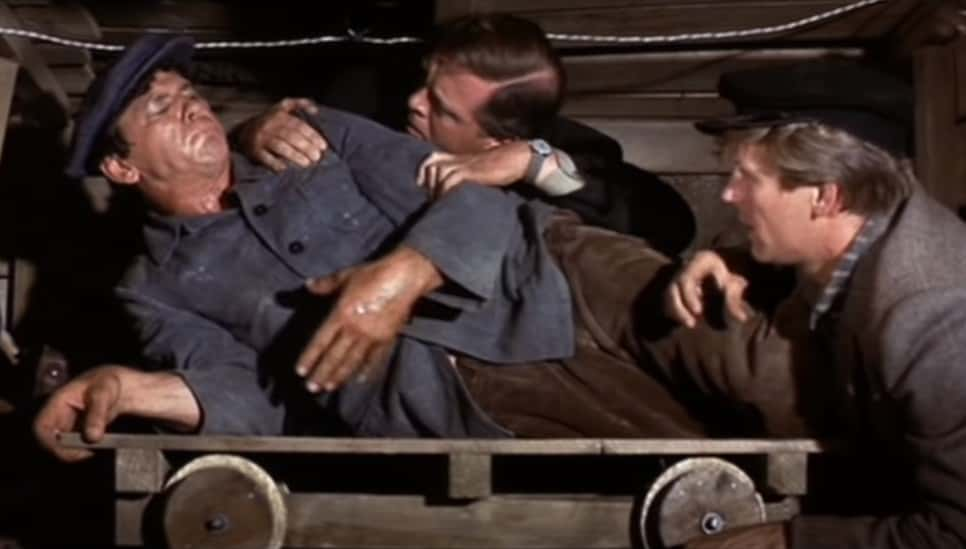 The Great Escape, United Artists
The Great Escape, United Artists
17. Funny How Things Work Out
Charles Bronson's path to fame was uneven, to say the least. Though it took until his 50s for Bronson to get famous in the USA, he was an international star long before then. The Magnificent Seven and The Great Escape were box office failures in the United States, but huge hits in places like Europe and Japan.
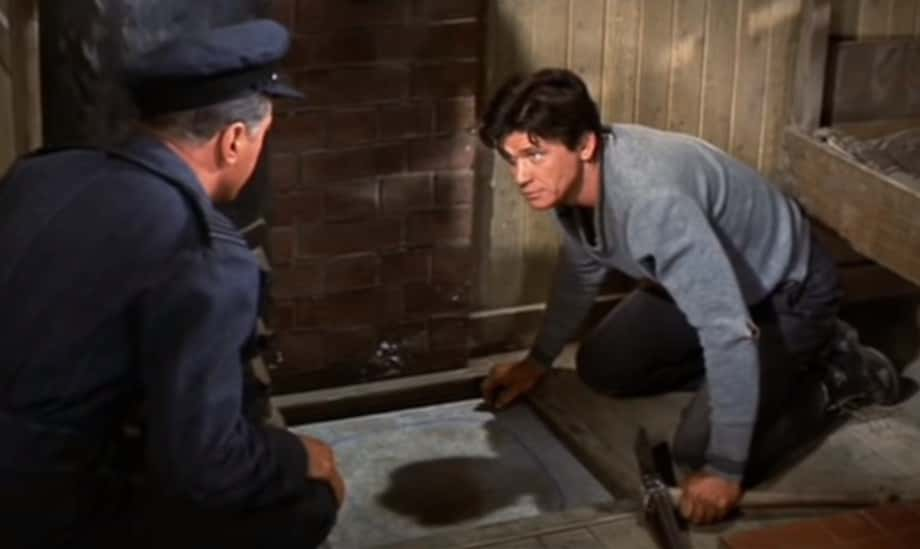 The Great Escape, United Artists
The Great Escape, United Artists
18. Overseas Idol
Bronson’s career continued to be fuelled by European and Japanese box office results, even when his movies weren’t profitable in the US. More than money, Bronson became a figure of hero-worship overseas. In Italy, he was given the nickname "Il Brutto" (The Brute) and in France, he was hailed as one of the "monstres sacrés" (sacred monster or more casually, a national treasure).
19. He Had a Record
Bronson was tough as nails on screen, but off screen, he was even tougher. He spent time in the US Army Air Corps. During WW2, he served with the 760th Flexible Gunnery Training Squadron and the 61st Bombardment Squadron. Bronson flew more than 25 missions against the Japanese, earning a Purple Heart for injuries that he sustained.
20. Three’s a Crowd
Charles Bronson and his second wife Jill Ireland were first introduced in 1963 when Bronson was filming The Great Escape. Interestingly, they were introduced by Ireland’s then-husband and Bronson’s then-co-star David McCallum. Bronson, who was already head over heels for Ireland, even jokingly told McCallum "I'm going to marry your wife". Turns out it wasn't a joke!
21. Marry Within Your Field
Bronson’s most frequent co-star was actress Jill Ireland, a woman who just so happened to be the action star's second wife. They married in 1968, the same year that they first appeared in the film Villa Rides together. Bronson and Ireland were deeply in love and remained together until 1990 when Ireland lost her long battle with cancer.
22. The Things I Do for the Fans
One of Bronson’s most beloved films is The Dirty Dozen, a 1967 film about a group of WWII servicemen who are set to be executed or imprisoned and are given an impossible mission to accomplish. Despite the film’s wild success, Bronson had an utterly brutal time on set. He reportedly was infuriated when the lead actor, Lee Marvin, disappeared from the set one day to get sloshed. He also didn’t want his hair cut, and only gave in when he was threatened with a lawsuit.
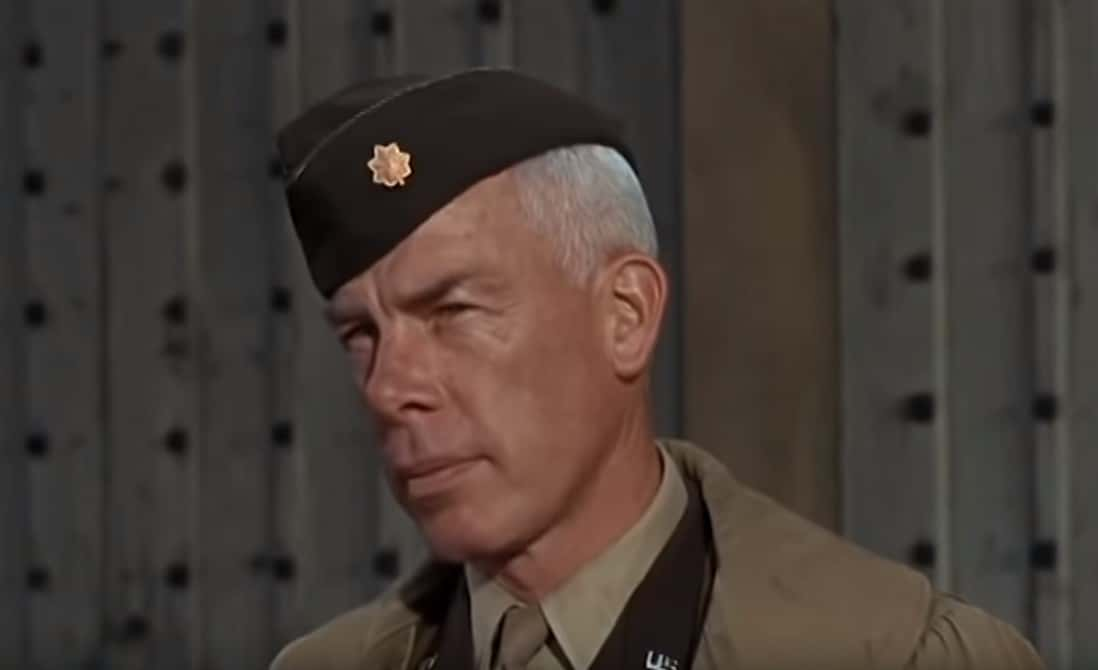 The Dirty Dozen, Metro-Goldwyn-Mayer
The Dirty Dozen, Metro-Goldwyn-Mayer
23. Napoleon Syndrome
Bronson was further frustrated on The Dirty Dozen when he was the subject of a prank which rudely focused on his height difference with his much-taller co-stars, Jim Brown and Donald Sutherland. Even when the film was done, Bronson didn’t like watching. He walked out halfway through because he thought the action sequences were too brutal.
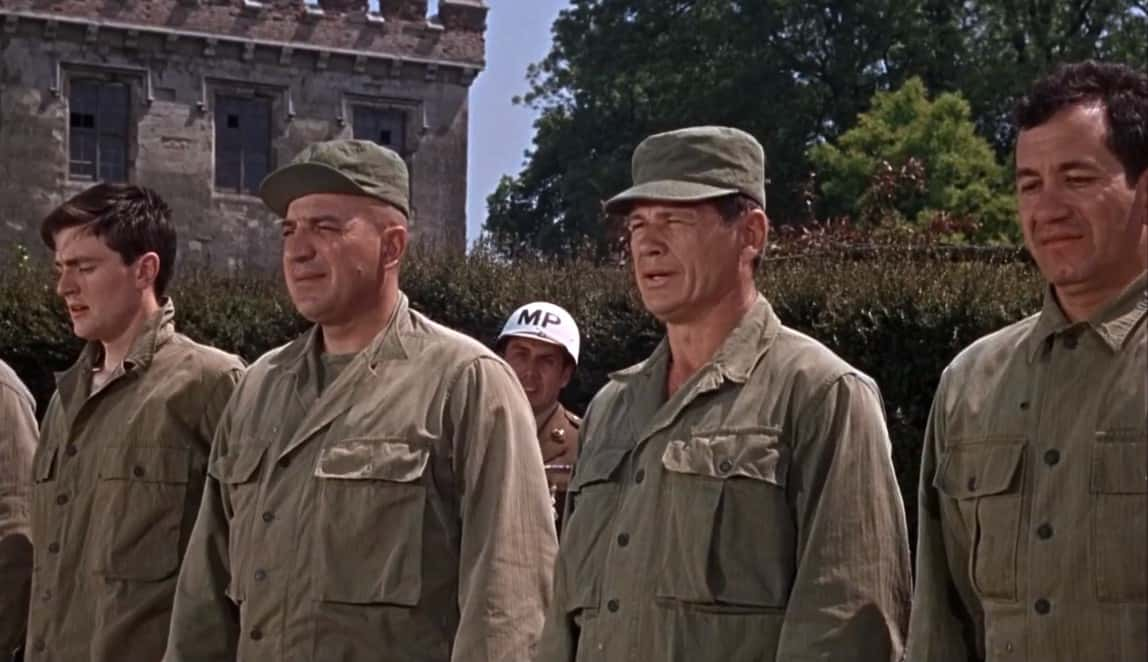 The Dirty Dozen, Metro-Goldwyn-Mayer
The Dirty Dozen, Metro-Goldwyn-Mayer
24. I’m Your Number One Fan!
Clint Eastwood's work on Spaghetti Westerns are the stuff of cinema legend, but he only got one of his most famous parts because Charles Bronson turned it down first. When the director Sergio Leone approached Bronson about starring in A Fistful of Dollars, he declined, saying it was "the worst script I have ever seen". Despite that burn, Bronson and Leone did work together on the 1968 film Once Upon a Time in the West. The director later called Bronson "the greatest actor I ever worked with".
25. Strong, Silent Type
Often rugged, mysterious, or vaguely written, Bronson’s characters were men of action rather than words. This was by Bronson’s own design, especially as he got more clout over the course of his career. Bronson was a man of few words; he couldn't stand to watch his own movies and he disliked interviews. As he once admitted, "When I'm in public, I even try to hide".
26. Is it Just Me?
Bronson’s most well-known film, Death Wish, has often been criticized for its promotion of armed vigilantism. Bronson himself, however, was fully convinced that his film was pushing the opposite message. Even when his own agent urged him not to do the film, Bronson steadfastly maintained that the film’s message was that an eye for an eye makes the whole world blind—which was his own personal mantra.
27. I Hope You’re Joking, Charlie
Before Charles Bronson was even considered to play the lead role in the vigilante film Death Wish, his former co-star Henry Fonda was initially courted. Fonda refused to accept such a "repulsive" script, and director Michael Winner eventually asked Bronson whether he was interested instead. Unlike Fonda, Bronson had a much more enthusiastic response.
Allegedly, Bronson declared "I’d like to do it". When Winner asked if he meant the film, Bronson replied, "No, [I’d like to] shoot muggers!"
28. A Long-Term Investment
One of Bronson’s most successful films, both critically and commercially, was the 1975 film Hard Times. Despite being 53 when he made it, Bronson was in excellent shape and did most of his own stunts playing a fighter. According to director Walter Hill, Bronson received close to $1 million to be in the film. Keep in mind that the film cost between $2 and $4 million to make, and it proceeded to make nearly $30 million at the box office. It was so successful that in 2009, Hill claimed he was still making money from it.
29. That’s a Great Motivator
Bronson spent most of his years as an actor signed with agent Paul Kohner. When Kohner first signed him, Bronson reportedly promised Kohner that if he ever made it big, he’d buy Kohner a Rolls-Royce. Bronson was apparently true to his word, buying his agent one once his career really kicked off.
30. Never to be Repeated
Despite the wild success of Bronson's movie Hard Times, there was a lot of trouble on the set during production. Bronson’s co-star James Coburn was reportedly very upset at playing second fiddle to Bronson, even though the two had worked together before. It was allegedly because Bronson had acquired a reputation as a B movie star.
31. Don’t Talk to Her Like That
Bronson had his own set of problems on the set of Hard Times. When director Walter Hill criticized Bronson’s wife Jill Ireland’s acting, he was incensed. He reportedly refused to shake Hill’s hand after that, and never worked with him again. However, some film historians think there was an even stranger reason behind Bronson's treatment of Hill.
32. Ducking Diseases
During his life, Bronson avoided shaking hands. At the time, people accused Bronson of being arrogant. However, the truth was that Bronson feared germs and tried to avoid infection as often as possible. It’s even been suggested that Bronson might have had undiagnosed OCD, but we'll never know for sure.
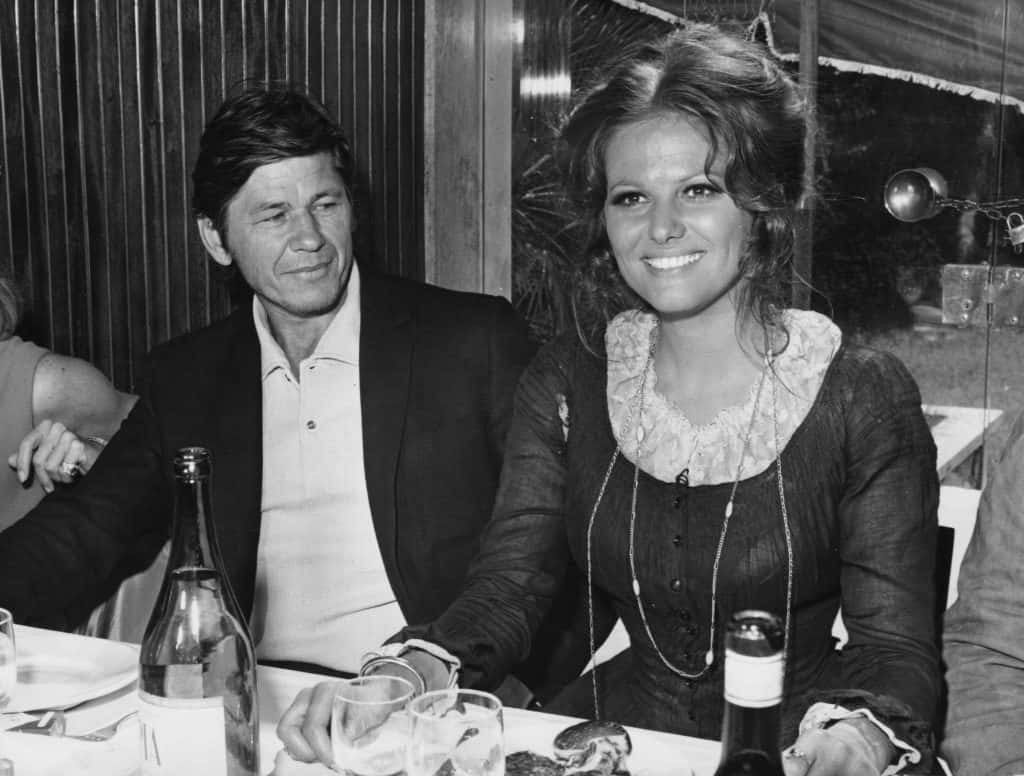
33. What Might Have Been
Charles Bronson acted in the 1975 action-adventure film Breakout alongside famed Hollywood filmmaker and actor John Huston. Following their work together, Huston famously quipped that Bronson was like "a grenade with the pin pulled". Well, on the set of Mr. Majestyk, let's just say that the grenade exploded.
34. Don’t Diss Your Co-Workers
Bronson once infuriated an entire film crew on the set of the 1974 film Mr. Majestyk. At the time, Bronson himself was in a bad mood when the production was delayed on its first day of filming. A transport truck carrying cars was late to the set, prompting Bronson to exclaim "You know what this company needs—it needs a European first assistant and a European crew!"
Word quickly got around the set, and the film’s director, Richard Fleischer, had to persuade the entire crew not to quit the film en masse. Even when they remained, Bronson was astounded by the grudge they held for his insulting remarks.
35. Put a Hose Next to the Bed! Just in Case!
Another fear which plagued Bronson all his life was his fear of fire. This influenced several important decisions, with a notable example occurring during the filming of Death Wish in 1974. Bronson arranged for himself and his family to stay in hotel rooms that never rose higher than the second floor. Bronson was convinced that if there was a fire, and they were higher than the second floor, he or one of his family members might not make it out.
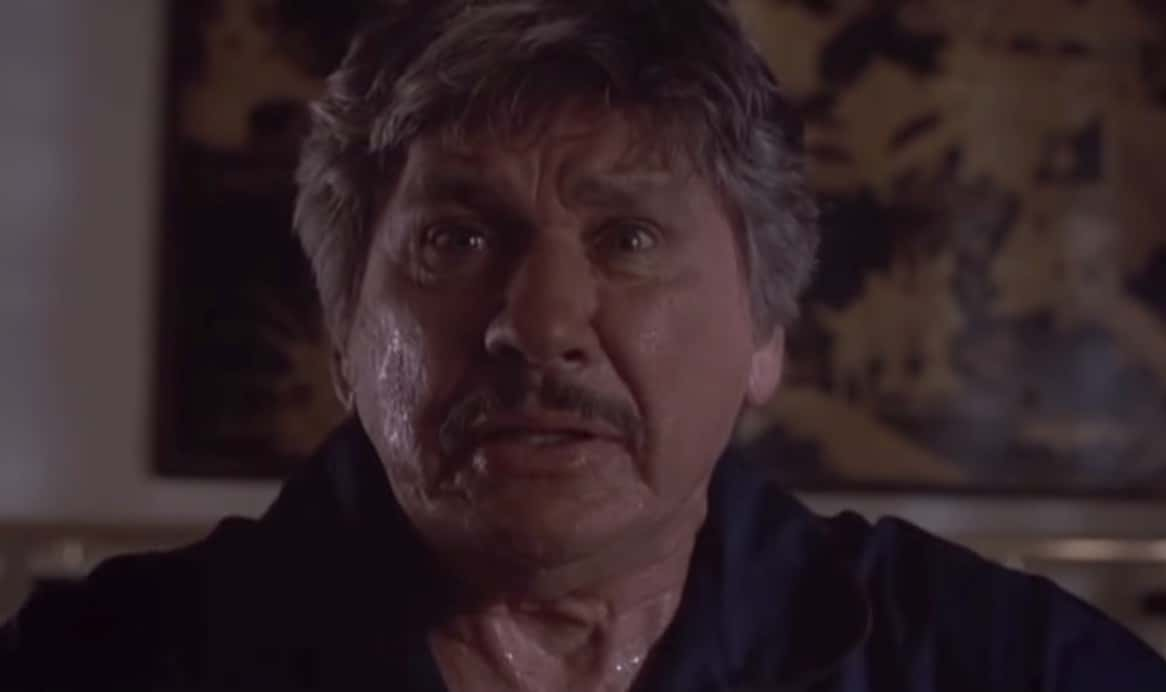 Death Wish, Paramount Pictures
Death Wish, Paramount Pictures
36. Friday’s My Favorite Day
It might be surprising to consider, but Bronson was one of the most bankable actors of his lifetime. When discussing the 1974 film Mr. Majestyk, producer Walter Mirisch once stated, "Charlie is making $20,000 a day for a six-day week, plus ten percent of the net, plus $2,500 a week walking-around money. On his next picture, he'll probably make more".
Granted, given how many siblings and kids he had, we can assume he put the paychecks to good use!
37. You Ain’t Got it, Bub
Believe it or not, Bronson was quite keen to play Superman! In the late 1970s, Bronson auditioned to play the Man of Steel in the Richard Donner-helmed film Superman. Keep in mind that Bronson was in his mid-50s at the time, so we really admire his confidence. He ultimately lost the role, not because of his age, but because he was "too earthy". Well, I guess Superman is technically an alien…
38. The End of a Partnership
If there was one thing which Bronson didn’t like to do, it was discuss the deeper meanings of his films with interviewers. As you can also tell by now, Bronson was very loyal to the people he worked with regularly. However, he broke from both those traditions after Death Wish 3 was released. When he saw the final product, he was stunned.
The film was packed with extra shots of gore that director Michael Winner had filmed when Bronson wasn’t on set. It was the last time that the pair ever worked together again.
39. You Pinky Swear That’s True?
Despite his reputation as being tight-lipped and stoic, Bronson was known to tell anecdotes about his rough past to journalists. He talked about fistfights which led to arrests for assault and his skill at throwing knives. However, Bronson’s stories were eventually revealed to be false—or, at the very least, exaggerations. Bronson had never been locked up, and he didn’t have a reputation for getting angry away from film sets. He had just been adding to the mythos around his onscreen persona.
40. Permission Denied!
Charles Bronson was one of those people lucky—or unlucky—enough to live to see a movie about his own life released into cinemas. Upon the loss of his second wife Jill Ireland in 1990, her memoirs were adapted into a film. Ireland was portrayed in the movie by Jill Clayburgh, and Bronson was portrayed by Lance Henrikson. When it came out, though, Bronson's reaction shocked everyone.
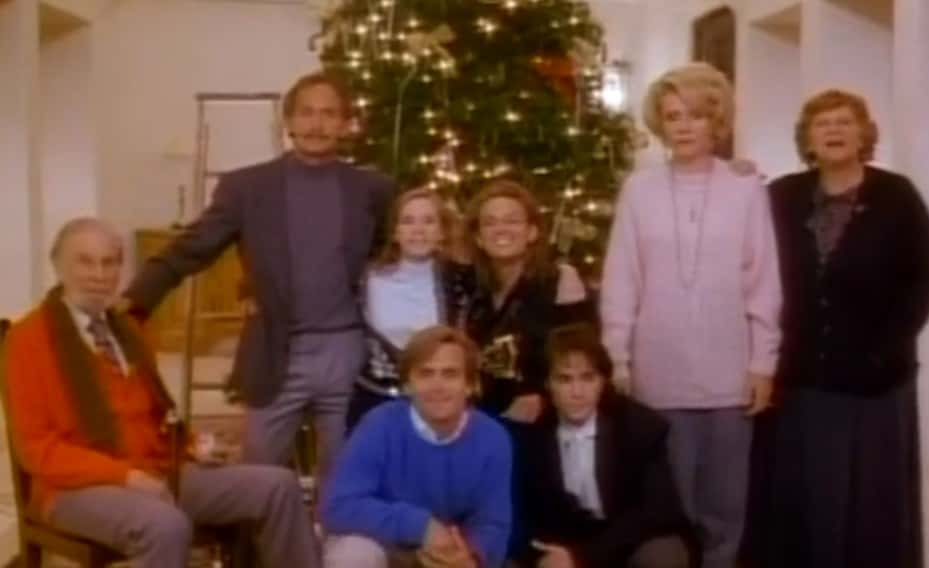 Reason for Living: The Jill Ireland Story, Bonny Dore Productions
Reason for Living: The Jill Ireland Story, Bonny Dore Productions
41. He Was Ticked
Most people would be touched to see a film being made about their late wife's brave battle with cancer. Unfortunately, Bronson was not one of these people. He was so ticked about the adaptation that he even threatened to take the filmmakers to court.
42. Marriage, Round Three
More than eight years after losing his beloved second wife in 1990, Bronson married for a third and final time. Kim Weeks had previously known Bronson through her work with his second wife Jill Ireland on audiobooks. They were married for five years until Bronson’s own final days.
43. Eat Your Heart Out, Rian Johnson!
We’ve all heard of fans leaving their heroes strange gifts as tokens of their obsession, but this story might take the cake. In the 1990s, Charles Bronson was told that a woman he’d never met in his life, who had been a big fan of his film work, had left him her entire estate in her will. She was worth over $1 million. Unsurprisingly, her family took issue with this and sued Bronson, who settled with them out of court.
44. This is Us, Indeed
Throughout his life, Bronson raised seven children. Three of those were stepchildren through his second wife, Jill Ireland, two were by his first wife, Harriet Tendler. One was Bronson’s biological child with Ireland, and one was adopted during that marriage.
 [/media-credit] Katrina Holden BronsonShutterstock Katrina Holden Bronson
[/media-credit] Katrina Holden BronsonShutterstock Katrina Holden Bronson
45. An Unexpected Turn
Through the latter half of his career, Charles Bronson became increasingly frustrated by the fact that he was typecast in aggressive B-movie roles. He finally broke from the mold when he appeared in Sean Penn’s 1991 directorial debut The Indian Runner. Bronson surprised film critics with a very nuanced—and peaceful—performance.
Sadly, despite the positive reviews, The Indian Runner was a box office failure, and it was Bronson’s final film that was released in cinemas.
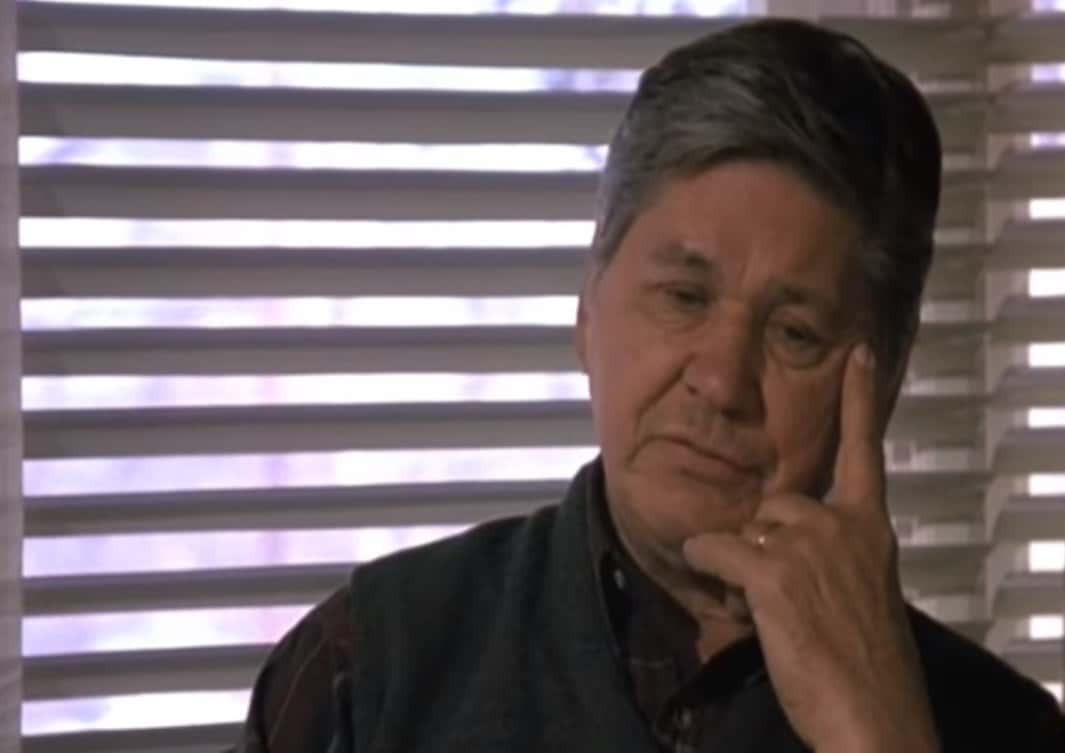 The Indian Runner, Metro-Goldwyn-Mayer
The Indian Runner, Metro-Goldwyn-Mayer
46. Empty Shelf
For all his successes as an actor, critically or commercially, Charles Bronson was largely ignored when it came to film awards. Throughout his career, Bronson only garnered three awards and two nominations. Of those five mentions, one was for the Hollywood Walk of Fame, one was a Primetime Emmy nomination in 1961, and another was the Henrietta Award at the Golden Globes for World Film Favorite—with a caveat.
He had to share it with Sean Connery.
47. He Had a Sensitive Side
Even though Bronson was the ultimate tough guy, he had a sensitive side too. He loved art and was an avid painter. As film critic Roger Ebert noted, Bronson enjoyed talking about his painting more than his acting during interviews. However, Bronson didn't want his paintings to sell just because he was a movie star. To hide his identity, he painted under his original last name "Buchinsky". The ruse worked: According to Bronson, he managed to sell several paintings on the strength of the art alone.
48. A Bit of Familiarity
One of Bronson's stranger claims to fame actually has very little to do with the actor himself. Britain's "most notorious [crook]" was born as Michael Gordon Peterson, but changed his name to Charles Bronson to align himself with the tough star.
49. Set in Stone
On December 10, 1980, Bronson and his then-wife, Jill Ireland, attended a ceremony where Bronson received a star on the Hollywood Walk of Fame. You can find it at 6901 Hollywood Boulevard.
50. A Star has Passed
In the summer of 1998, an aging Charles Bronson underwent a hip replacement. He retired from acting after this operation, as he was also suffering other health issues. At the age of 81, Bronson passed on August 30, 2003, with his causes of his end listed as "respiratory failure" and "metastatic lung cancer".
Sources: 1, 2, 3, 4, 5, 6, 7, 8, 9, 10, 11, 12, 13, 14, 15, 16, 17, 18, 19, 20, 21, 22

